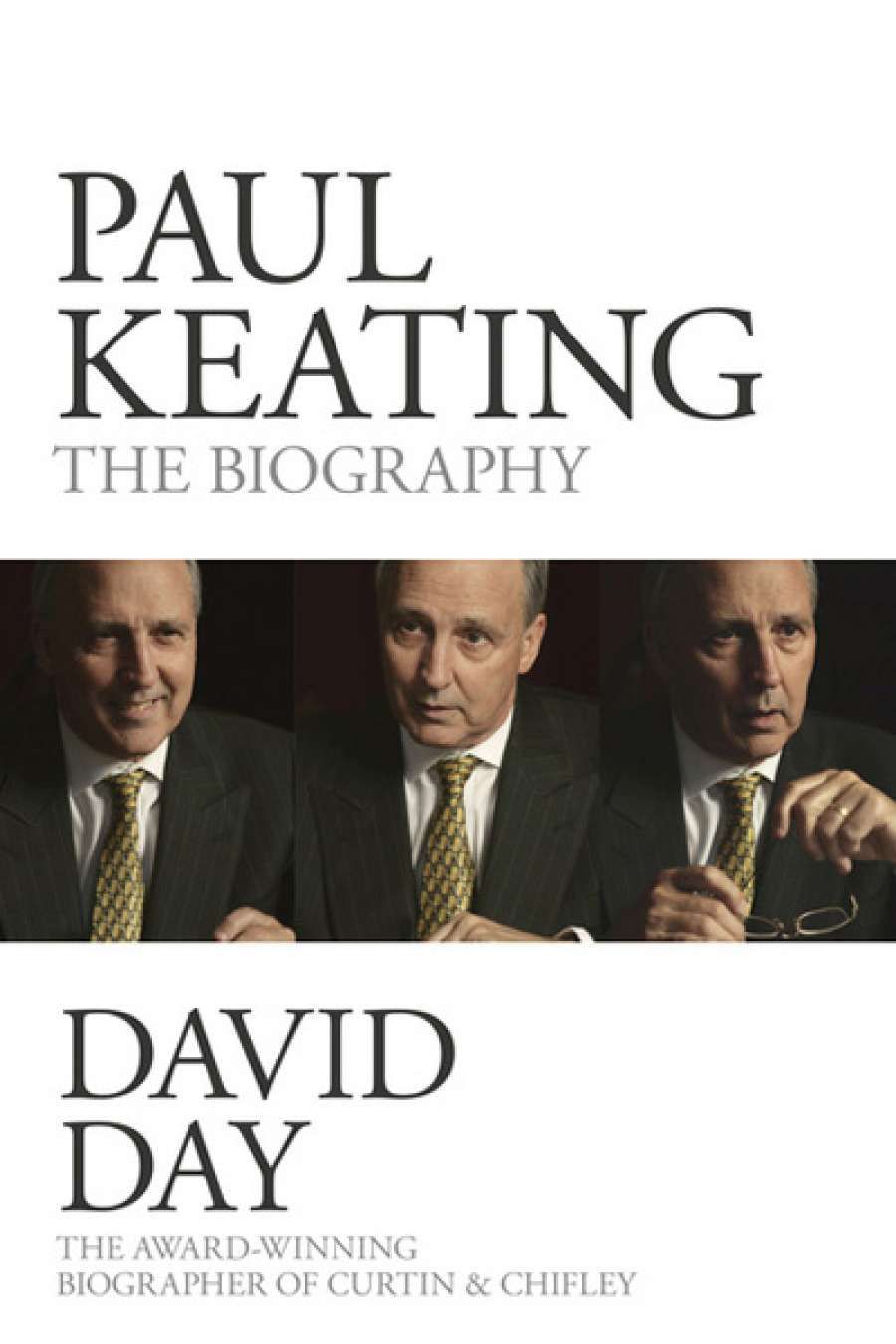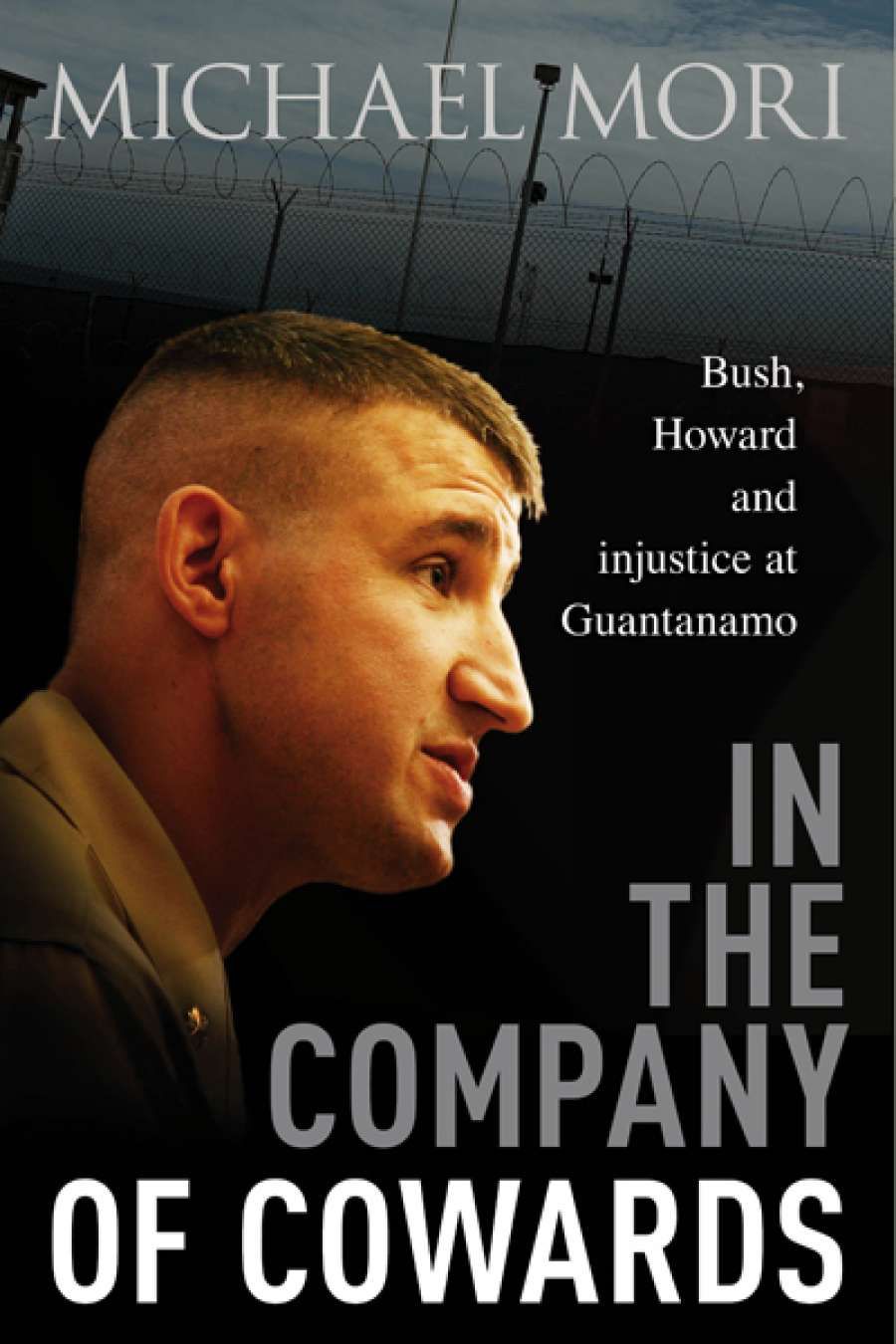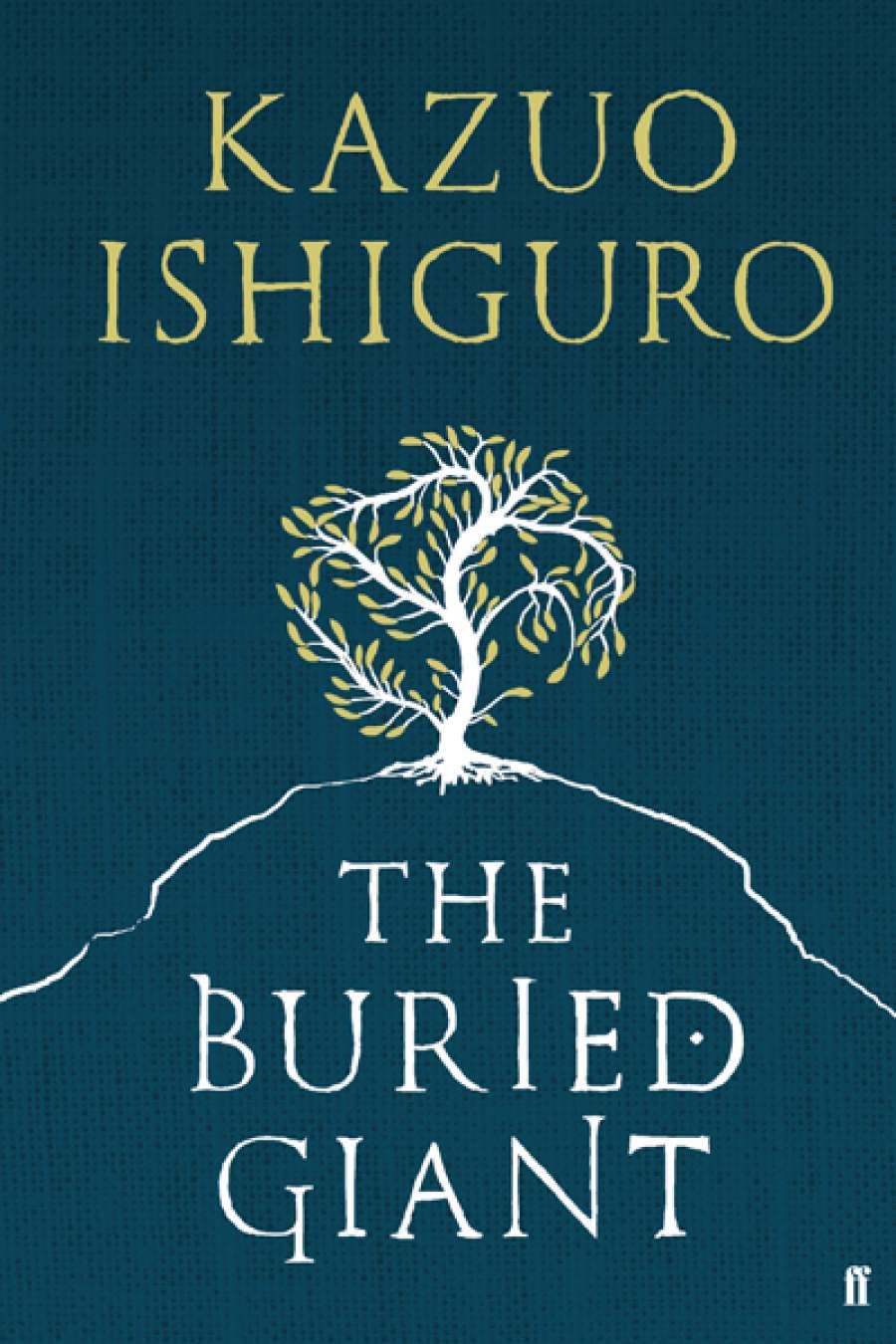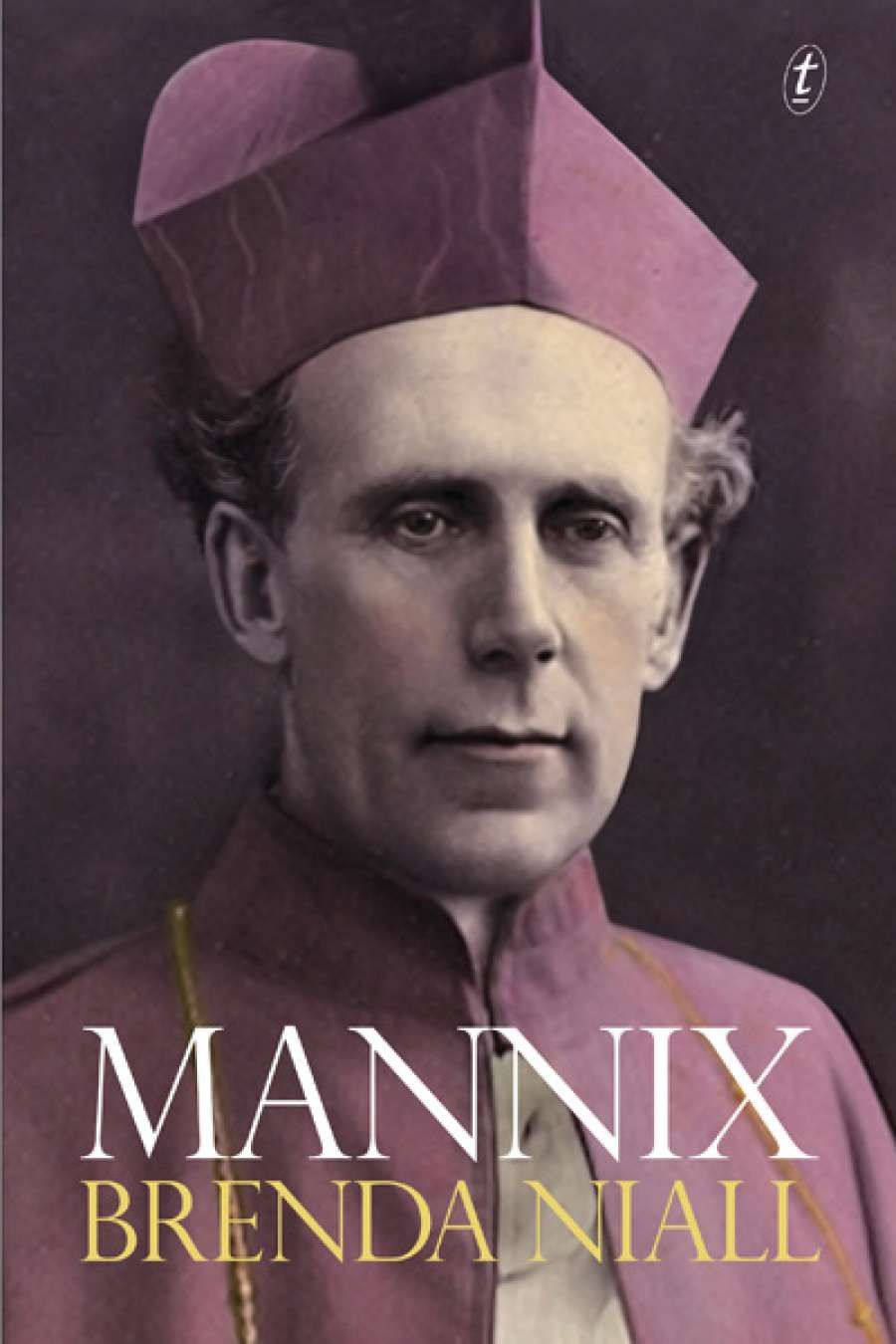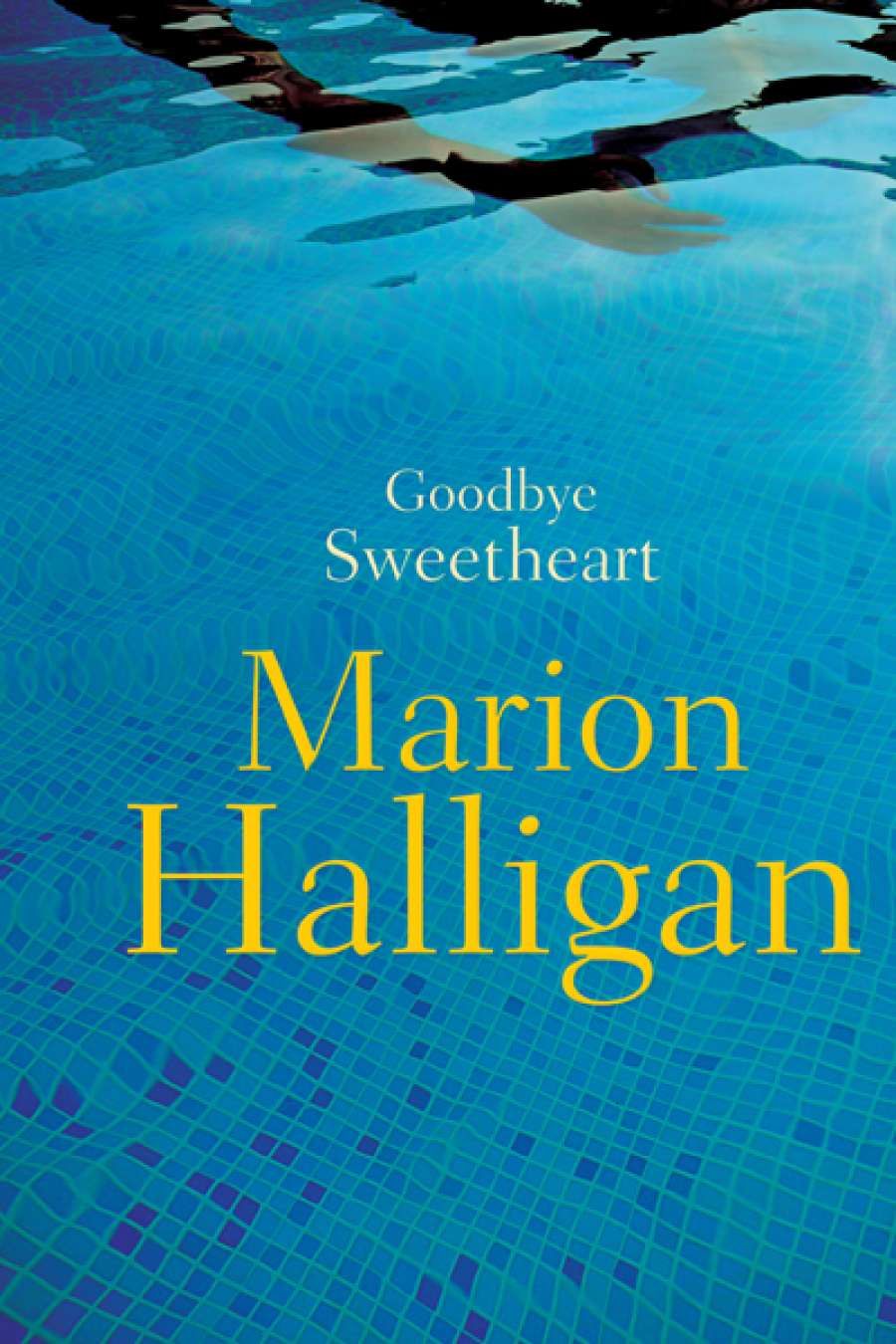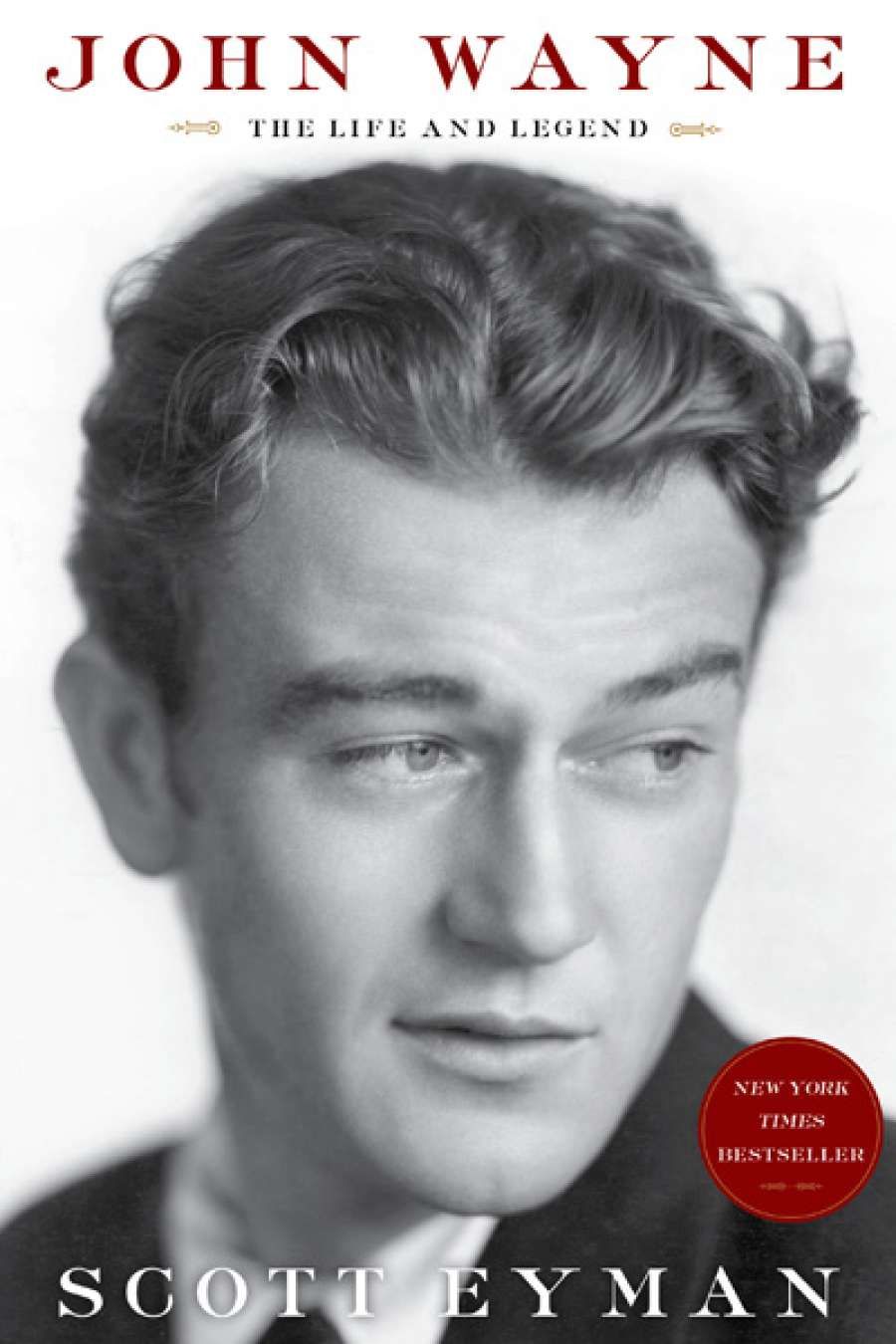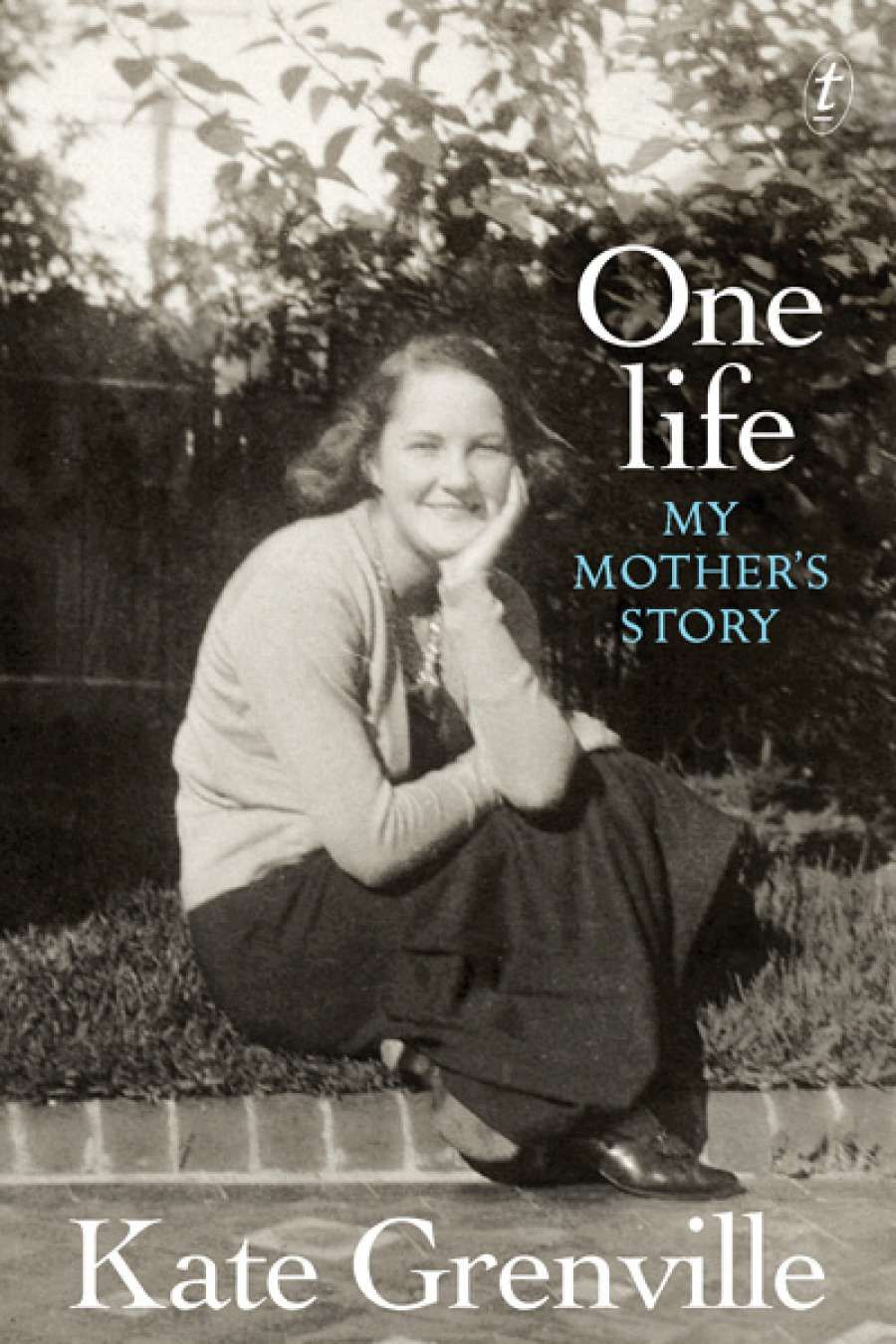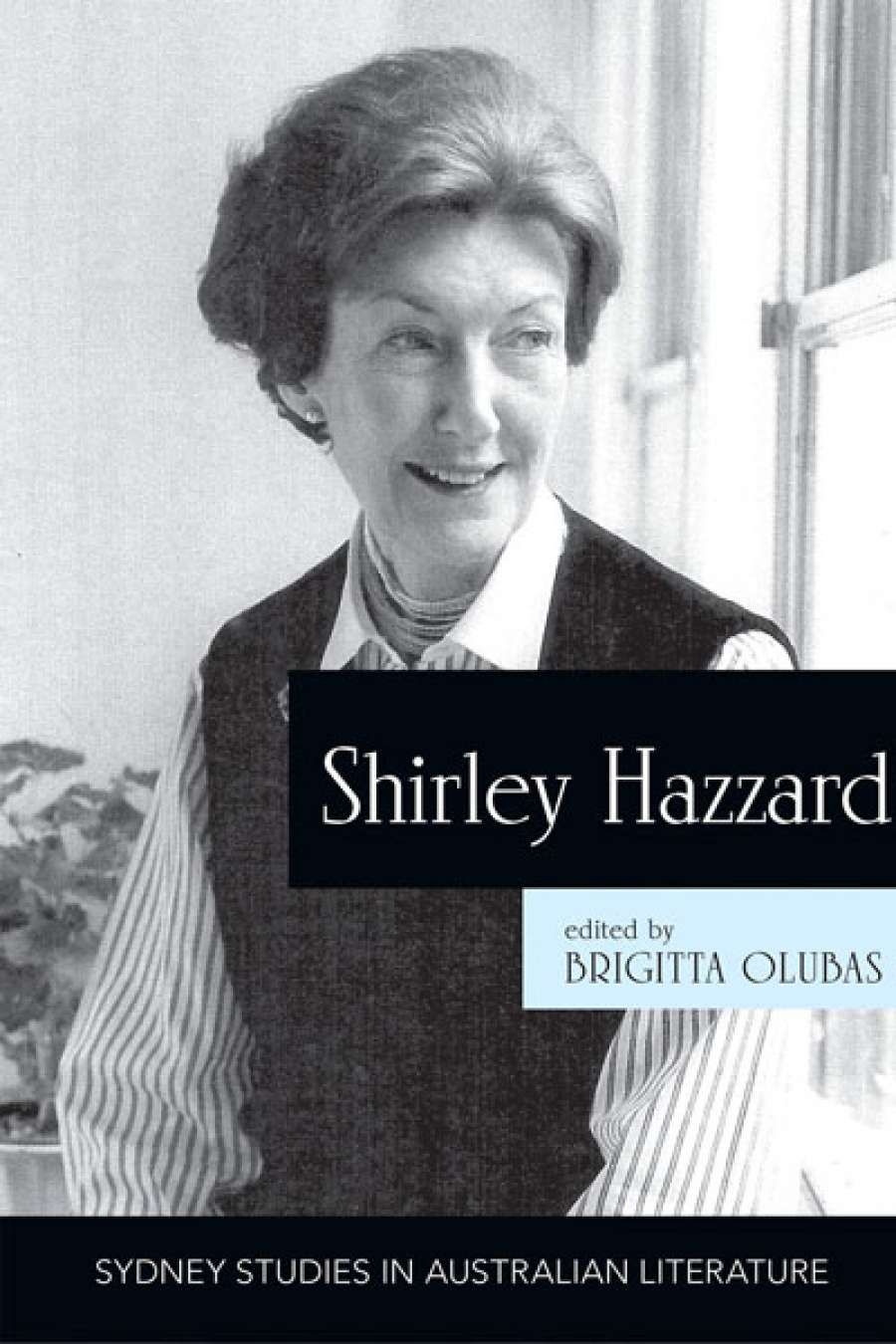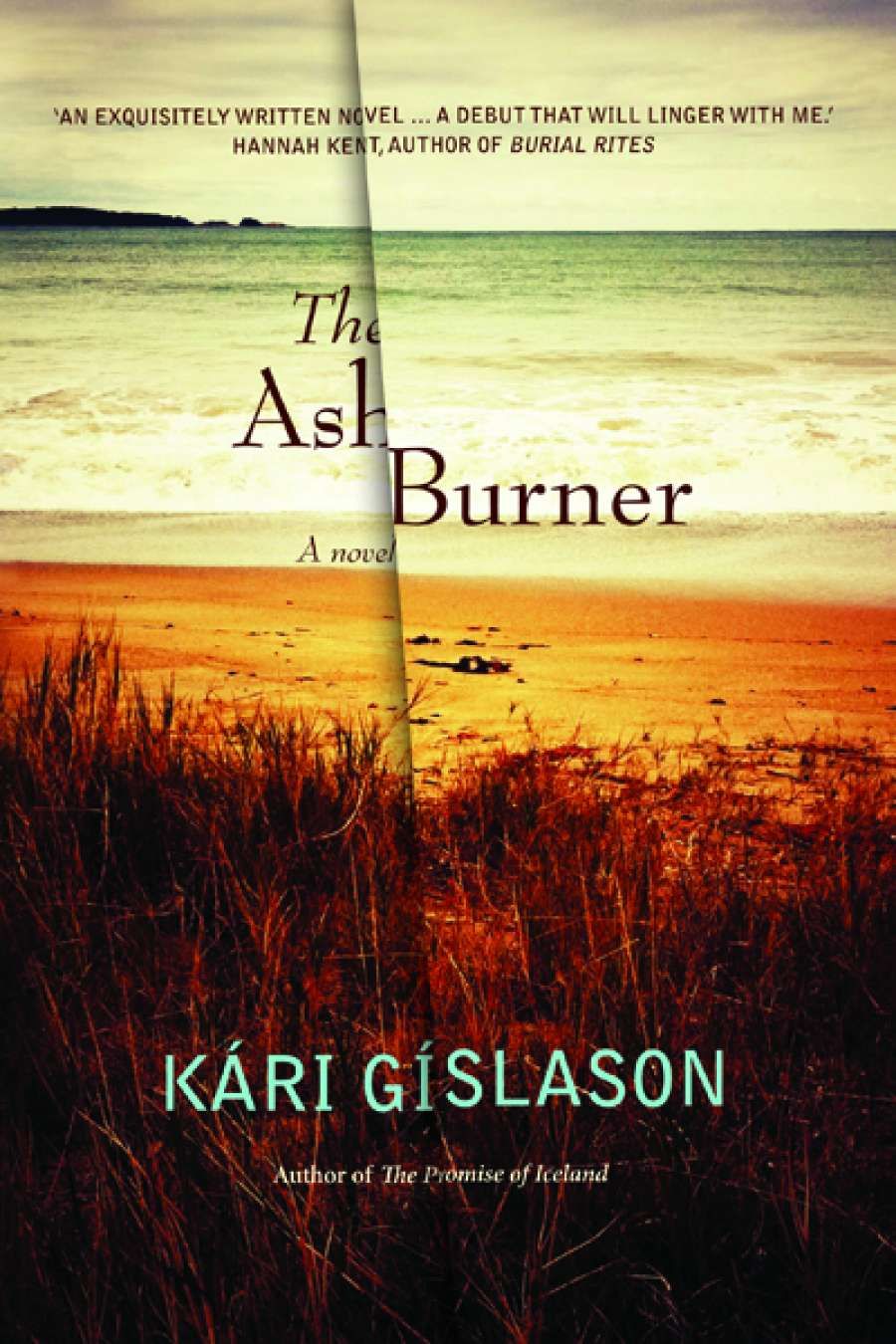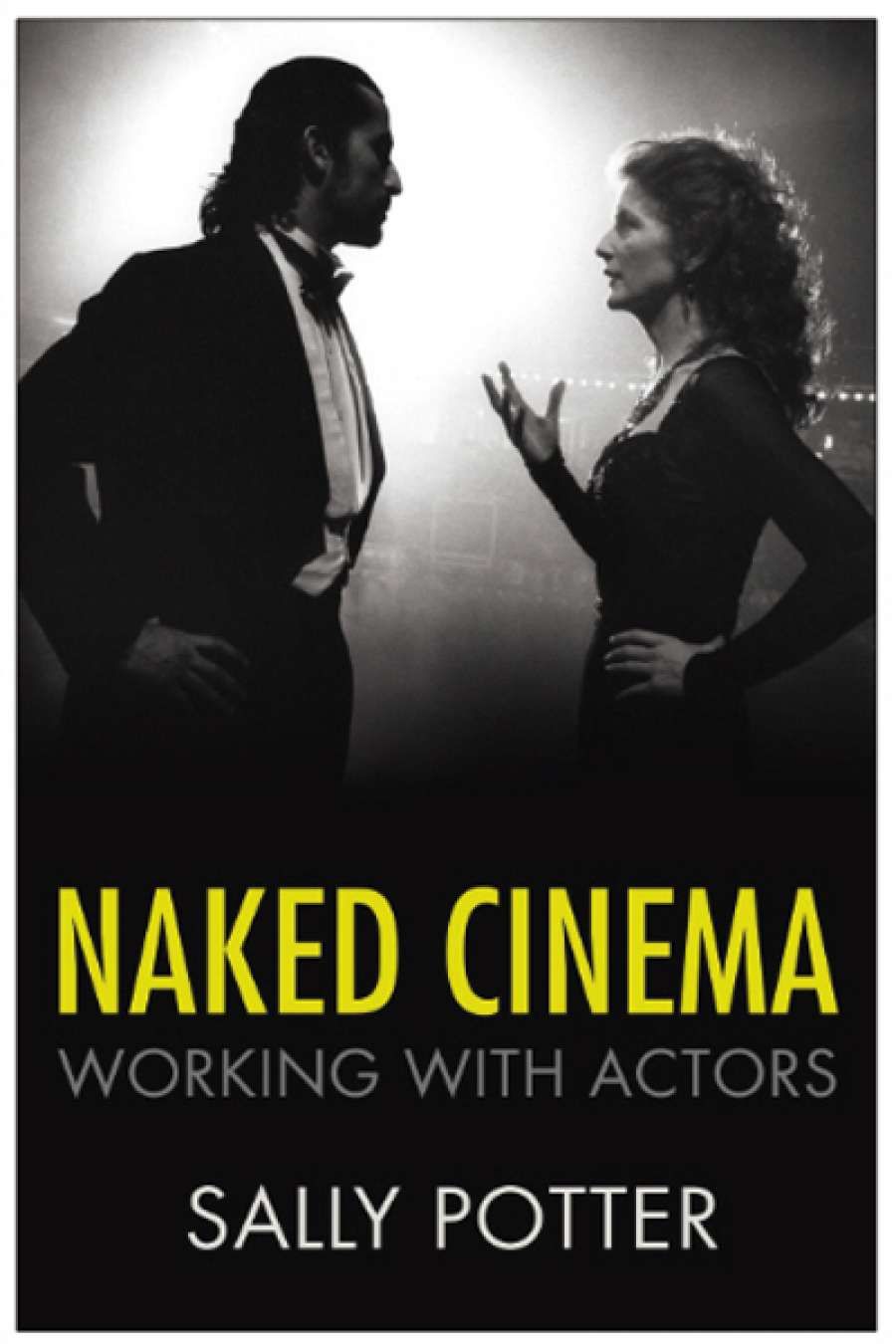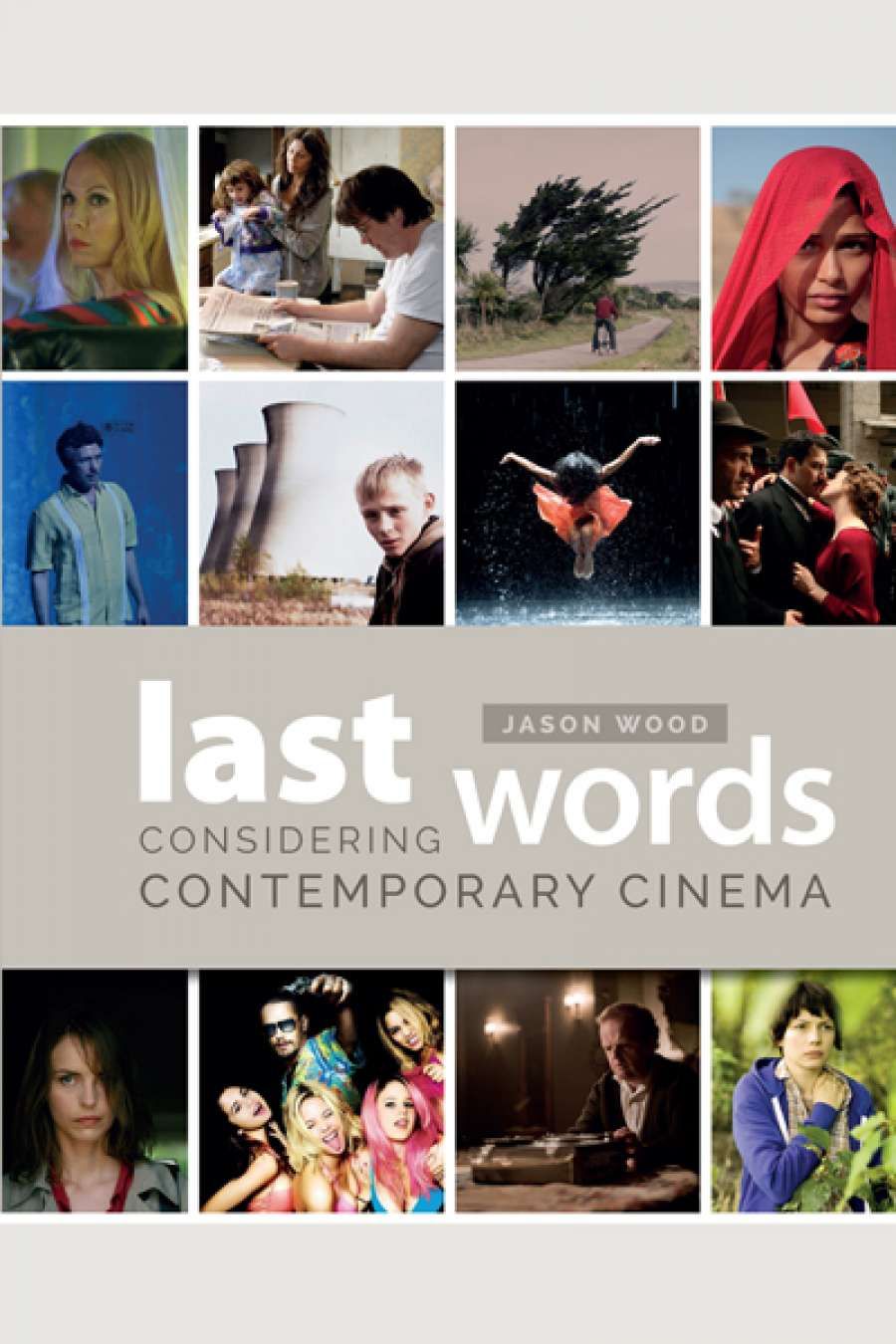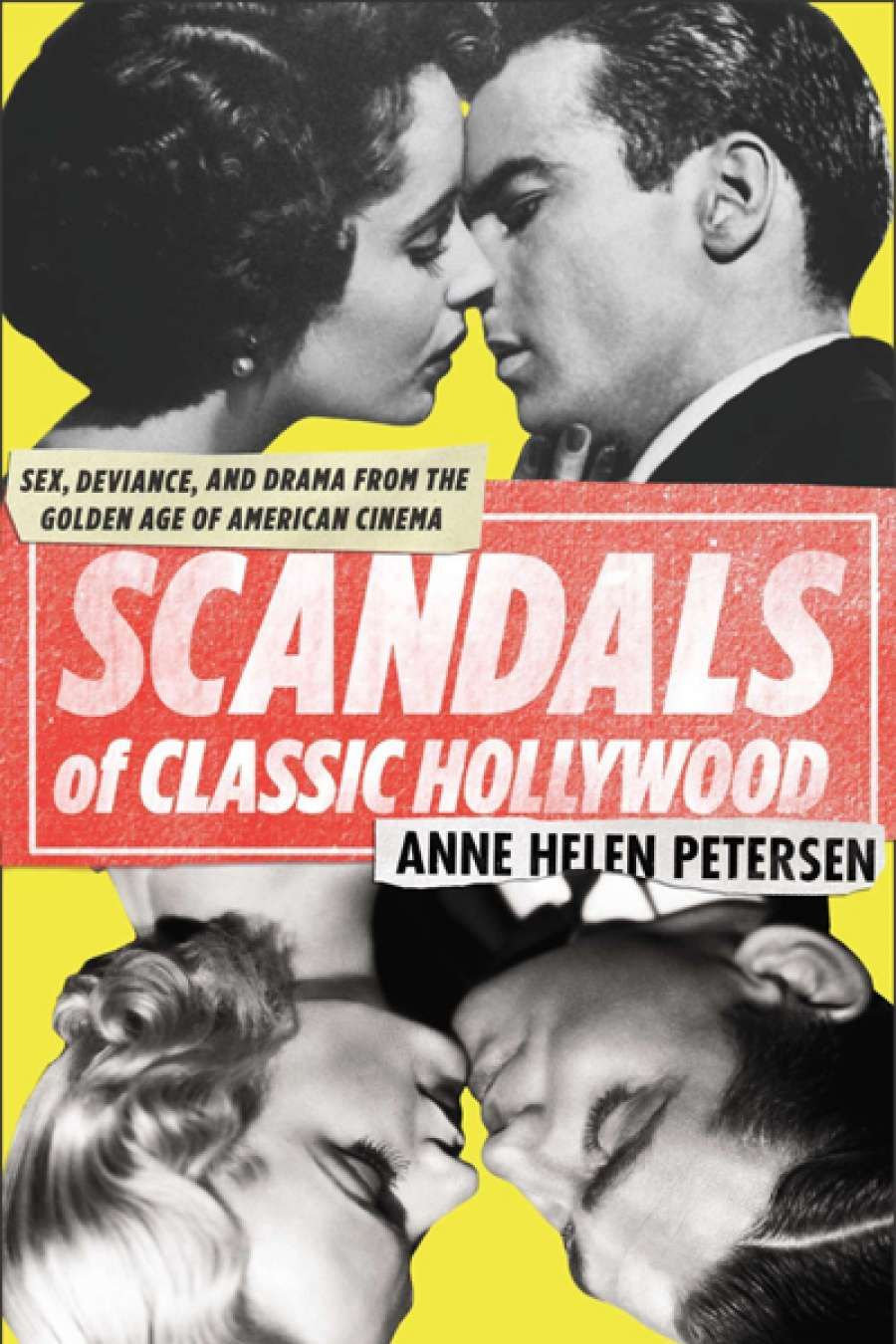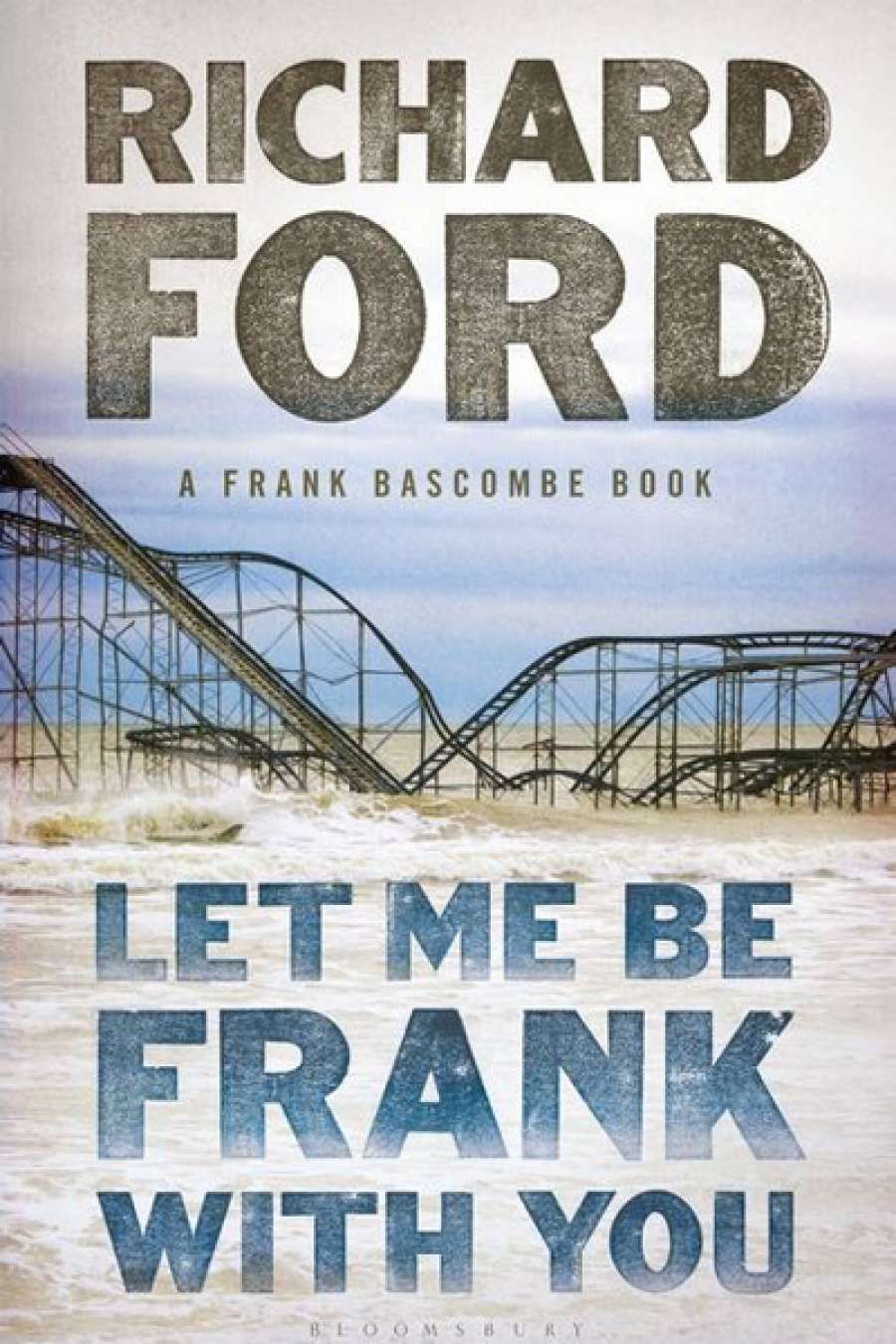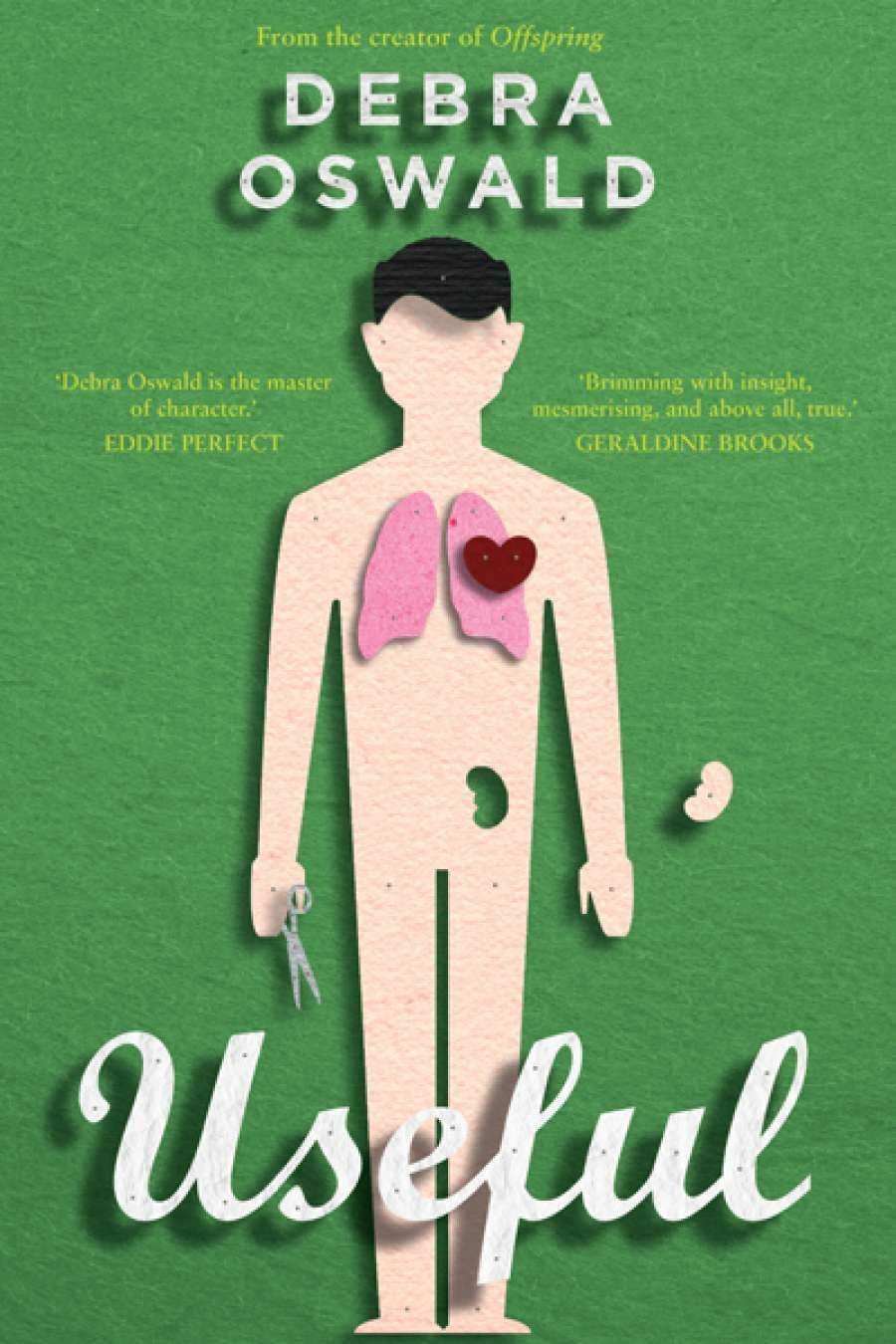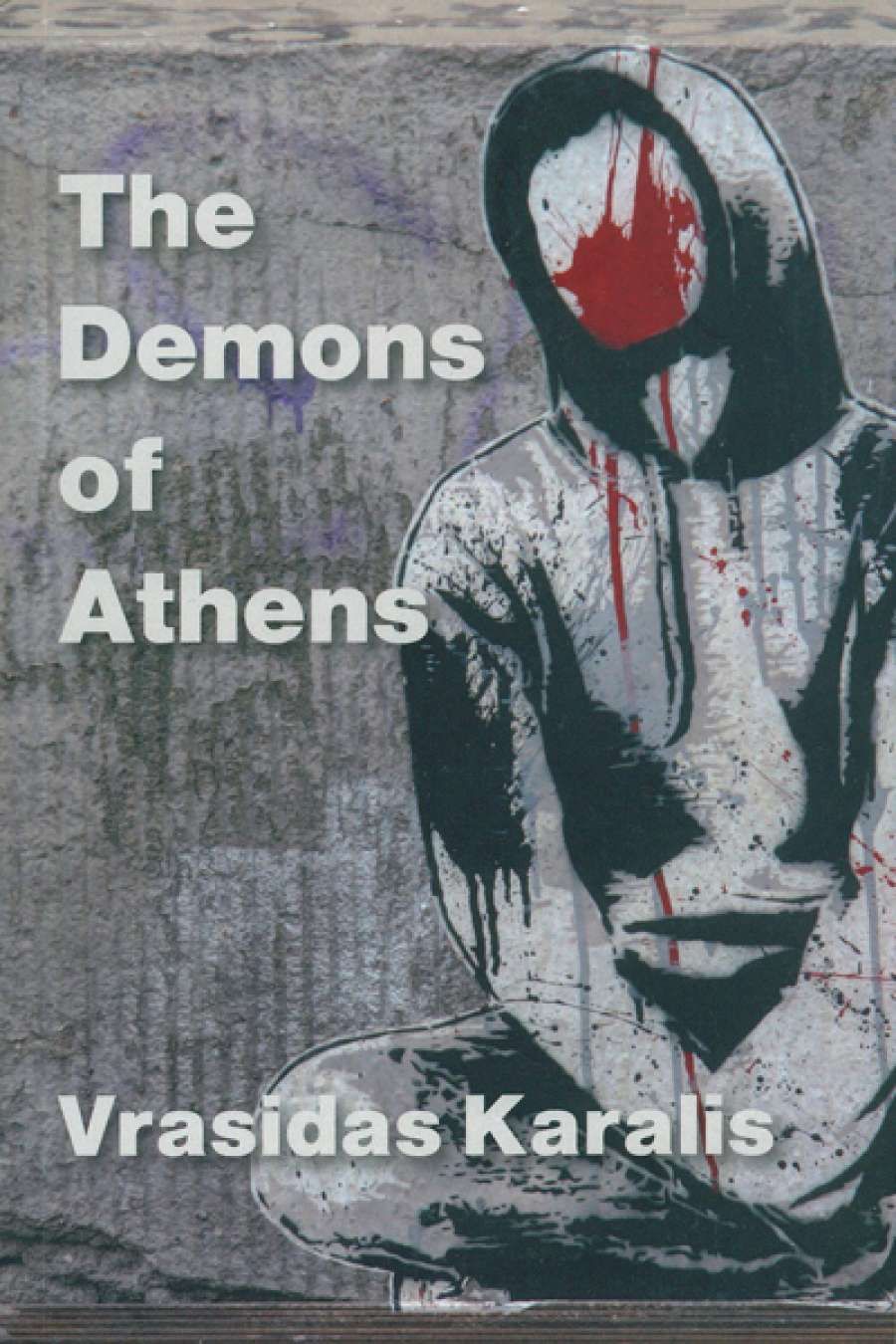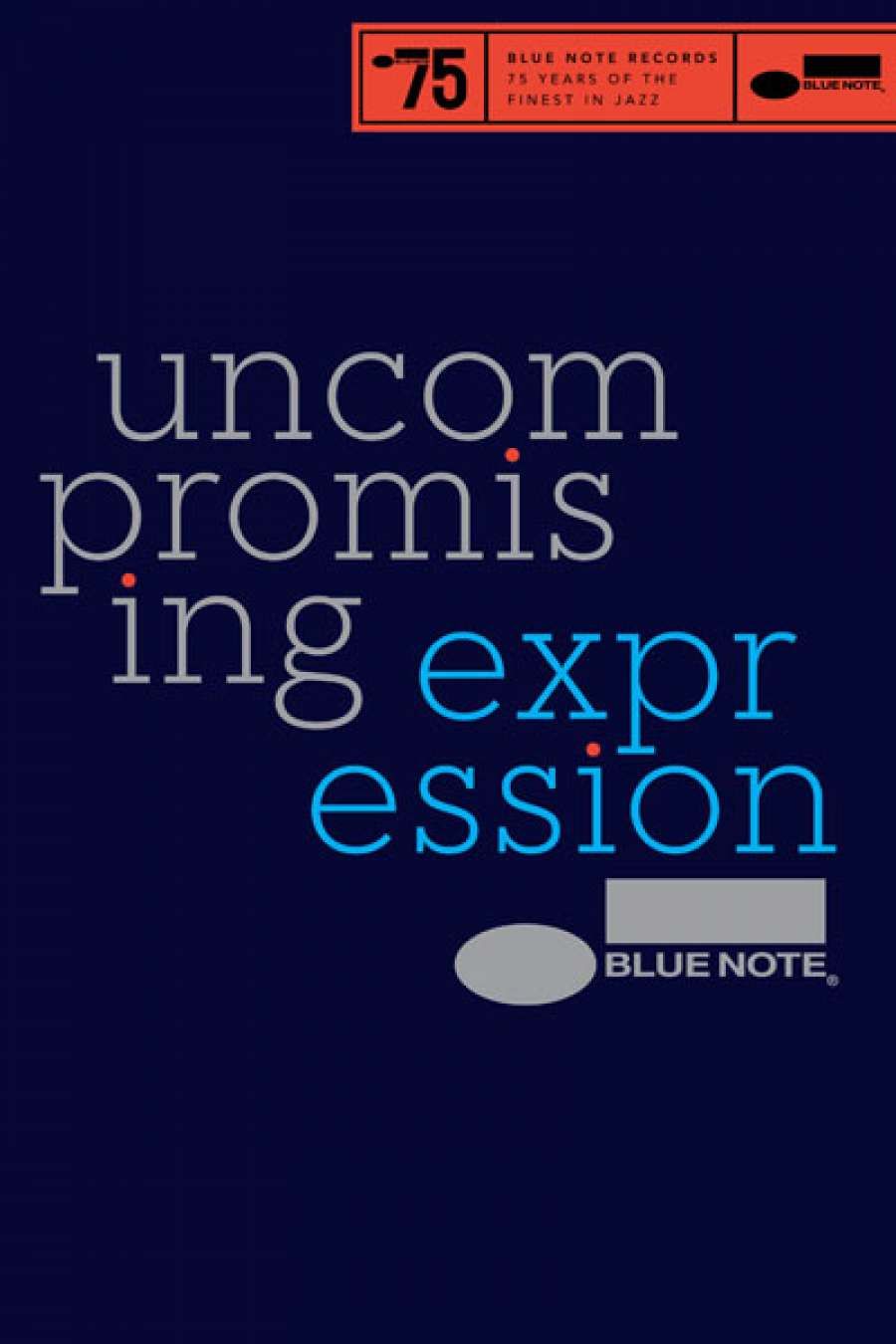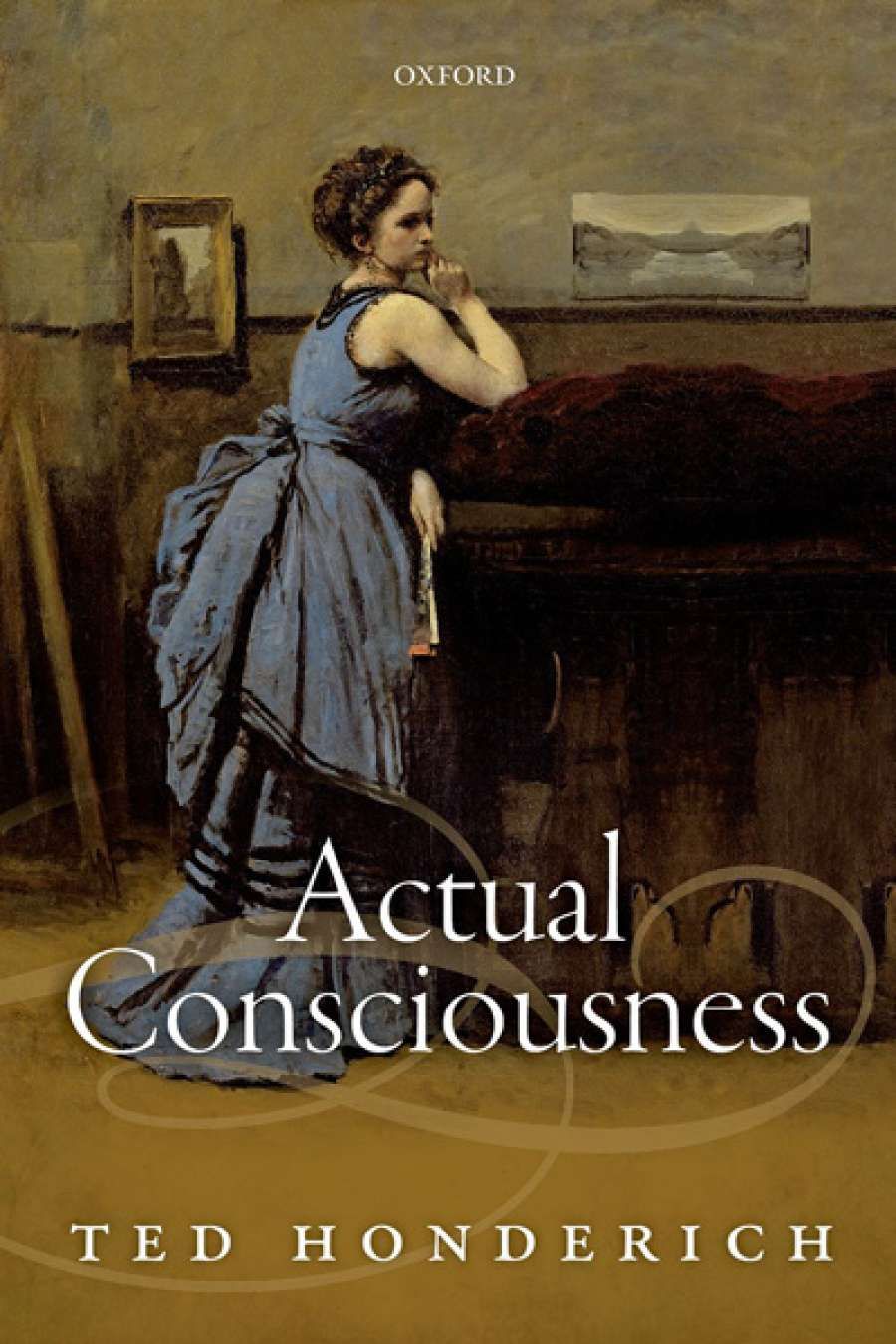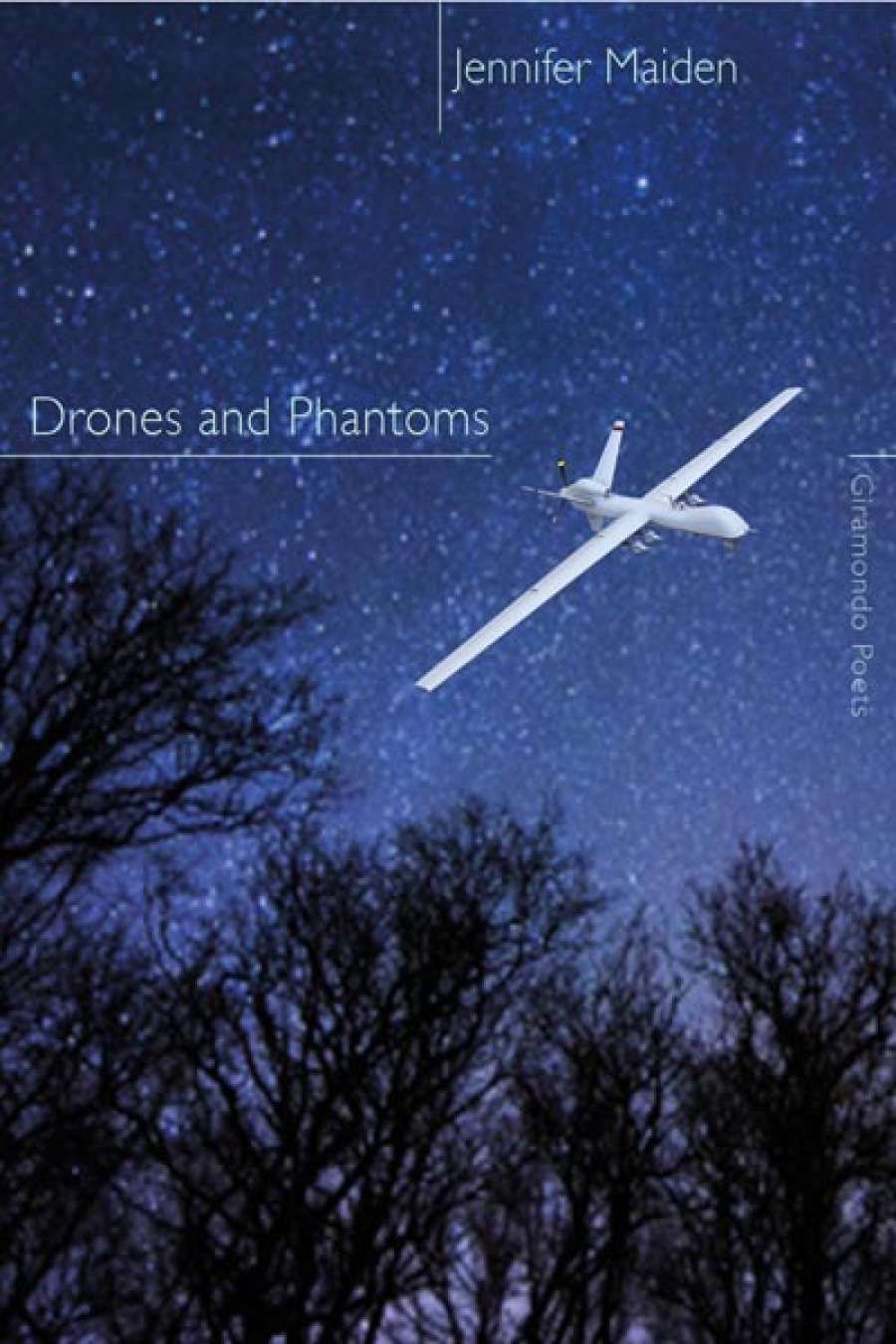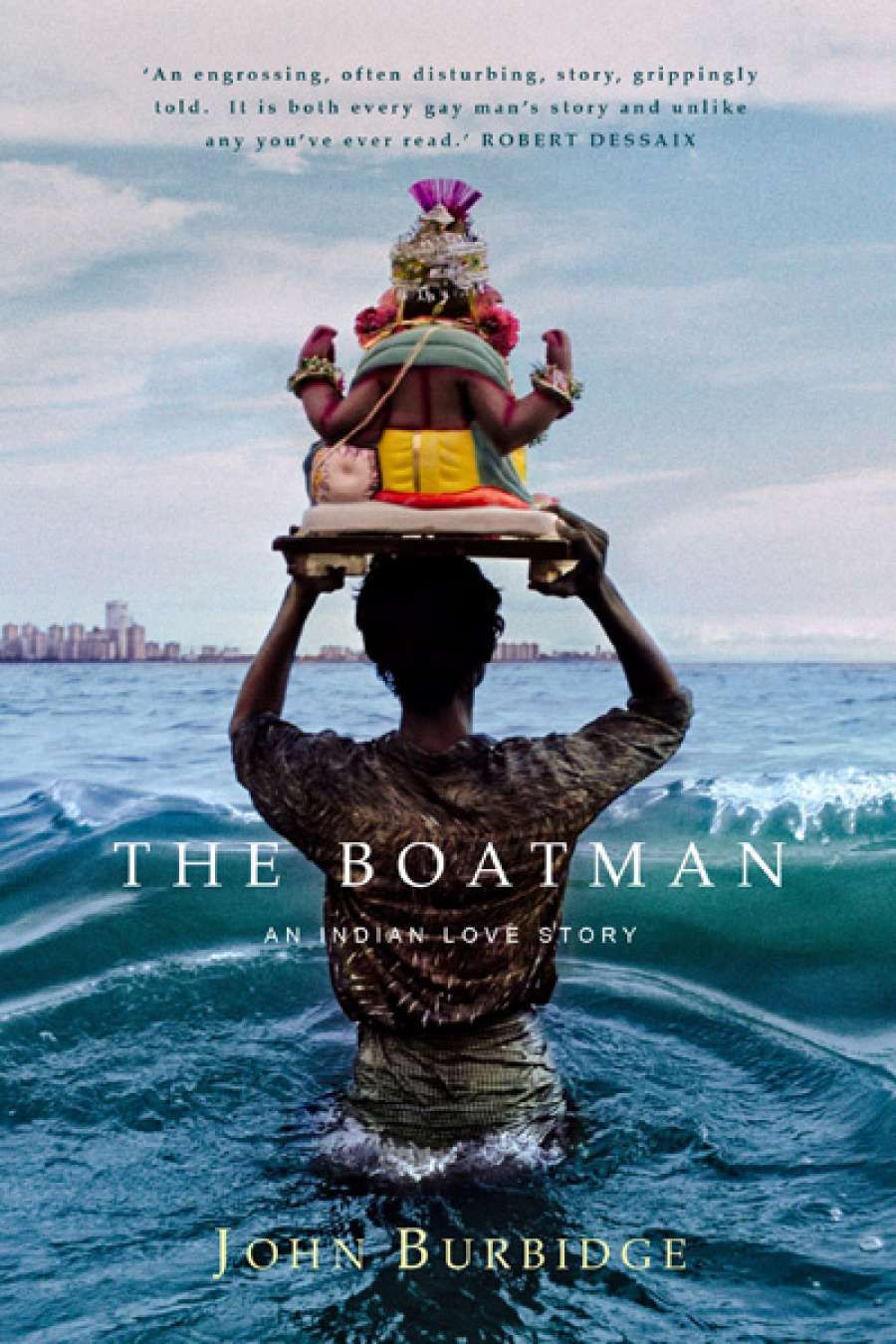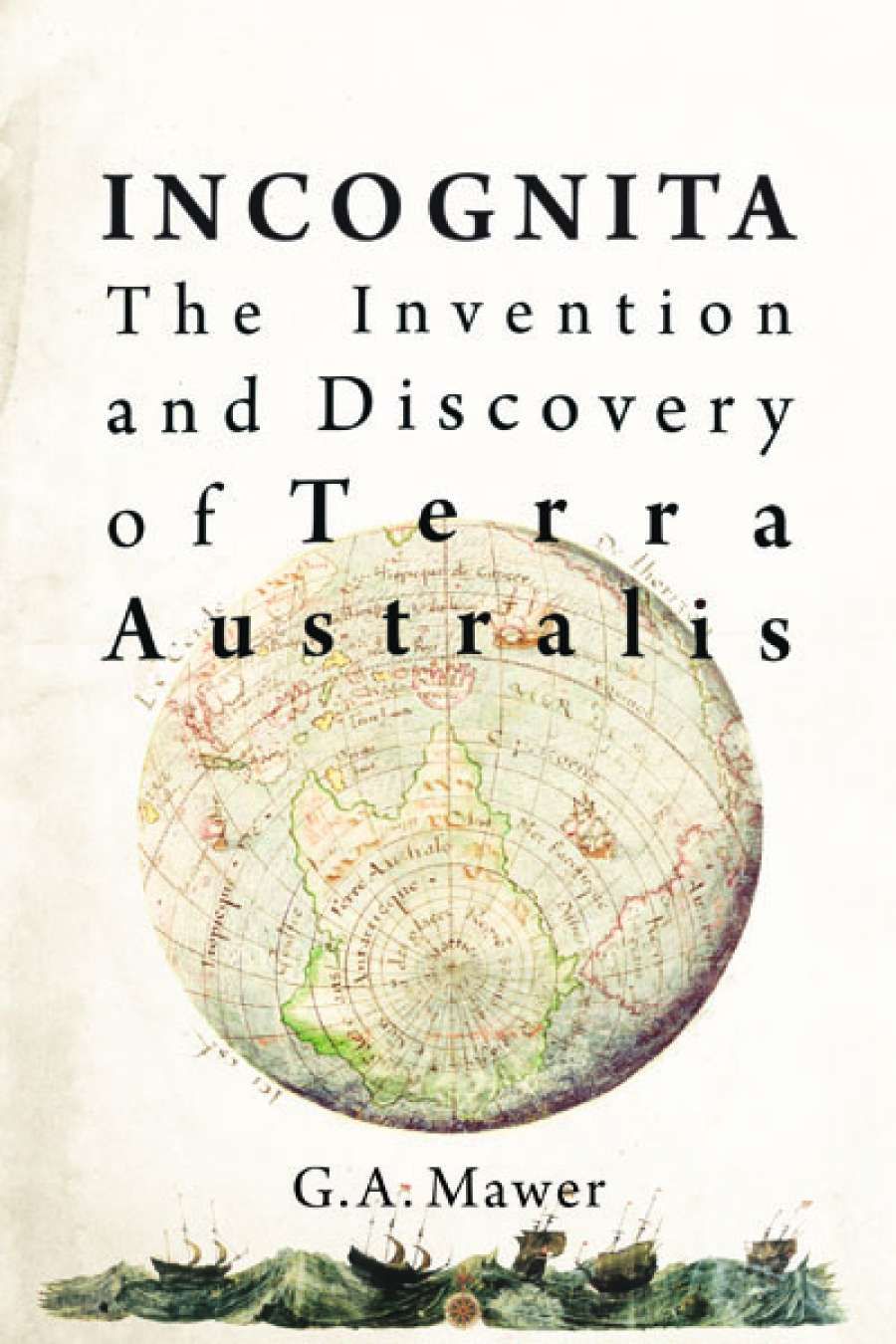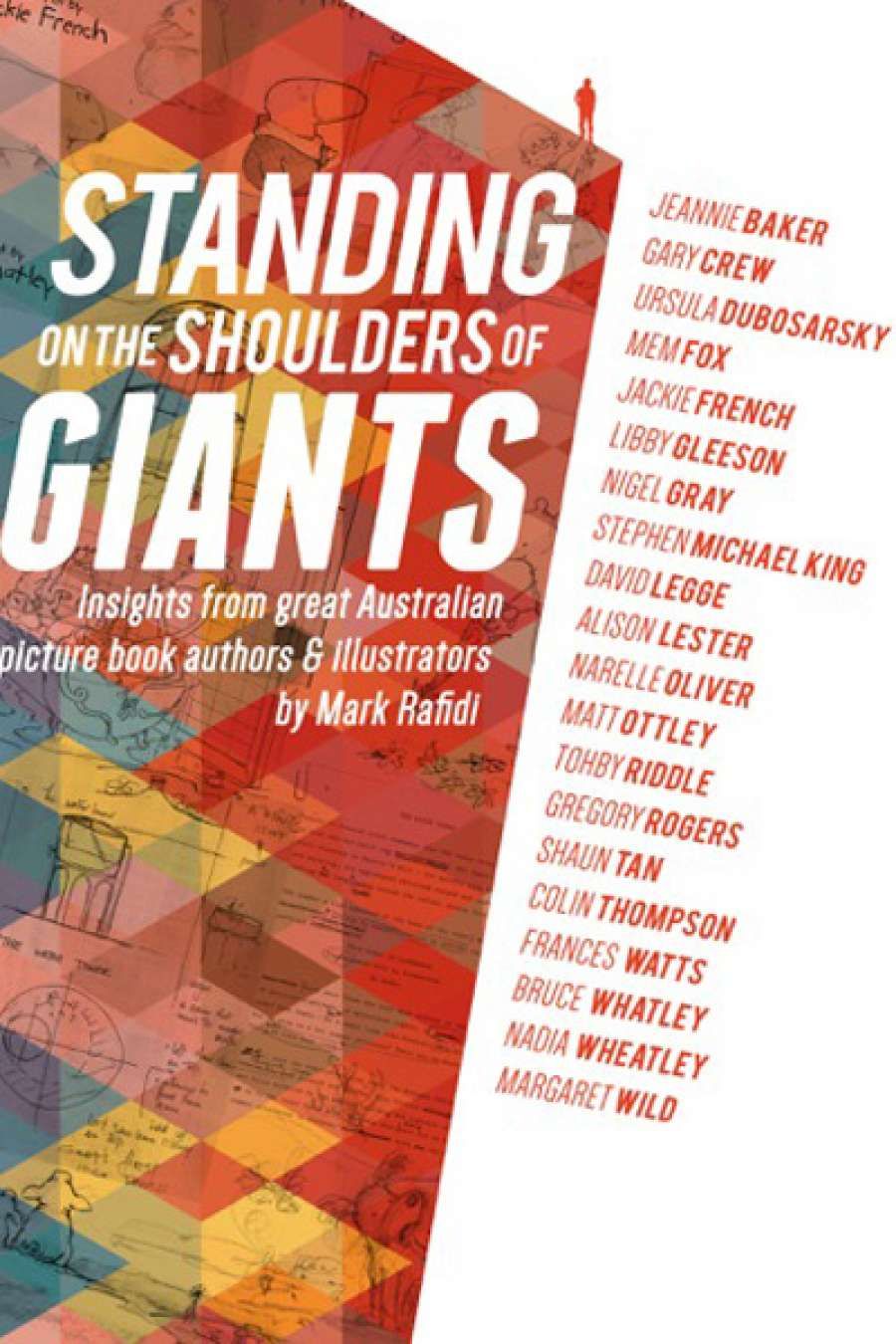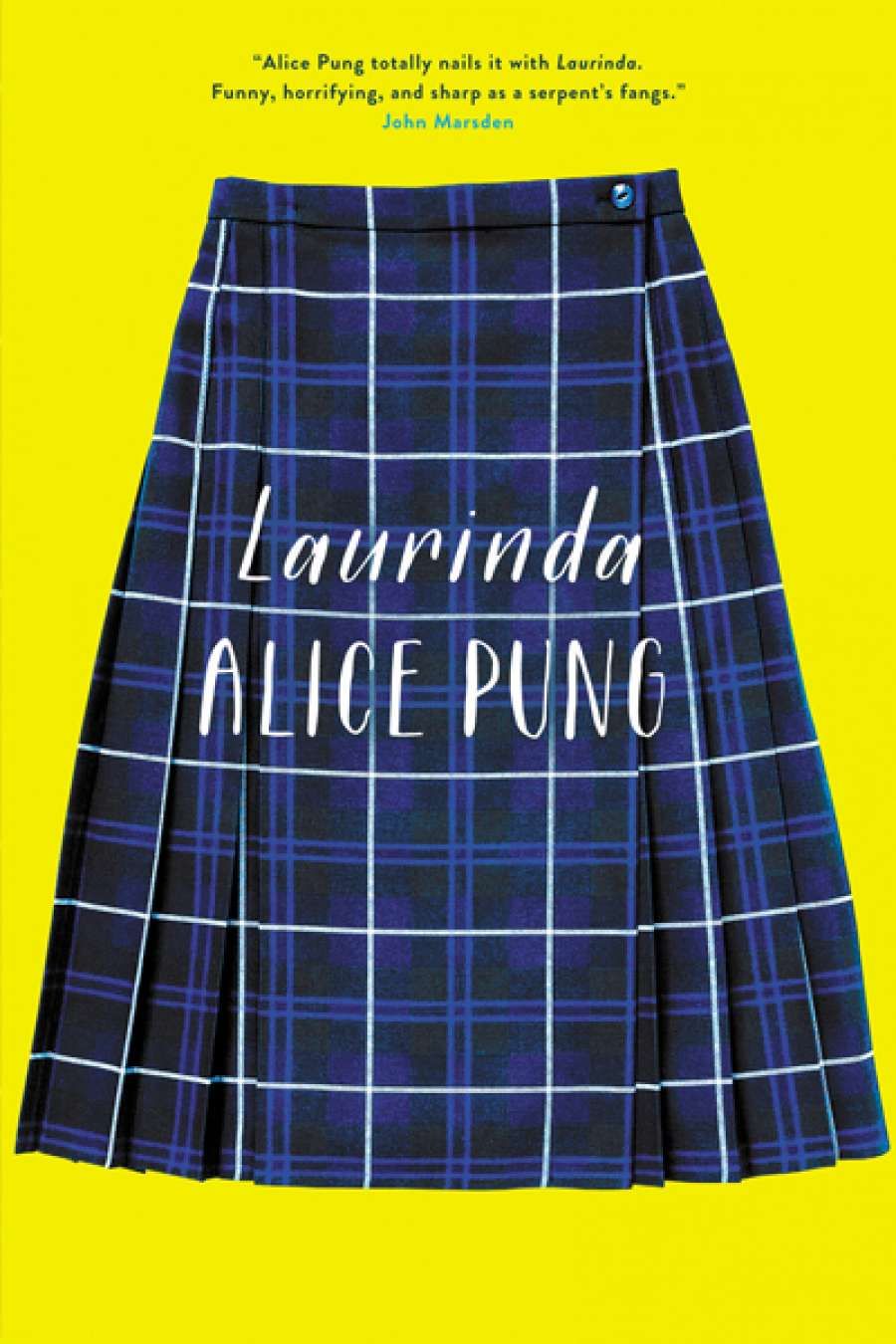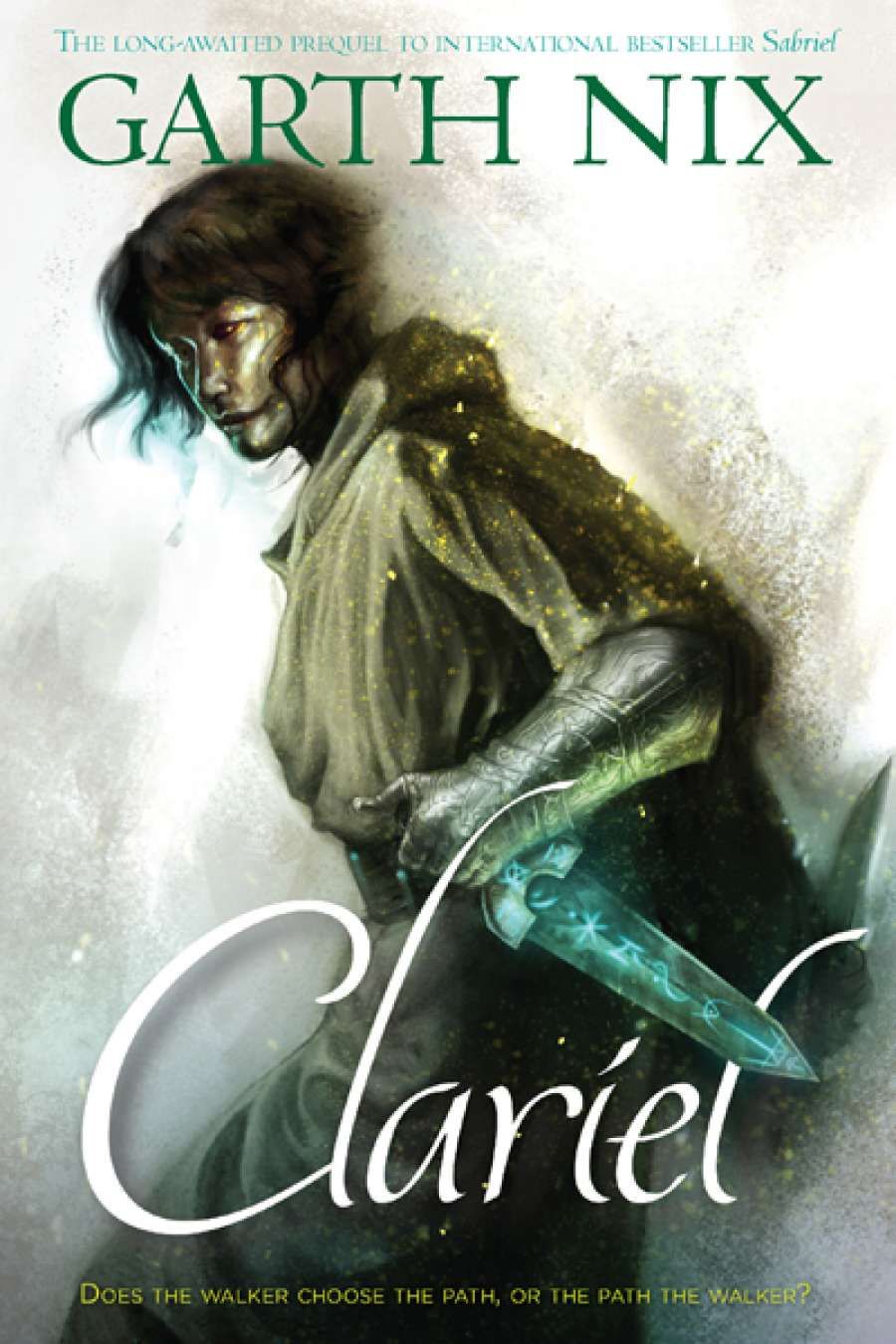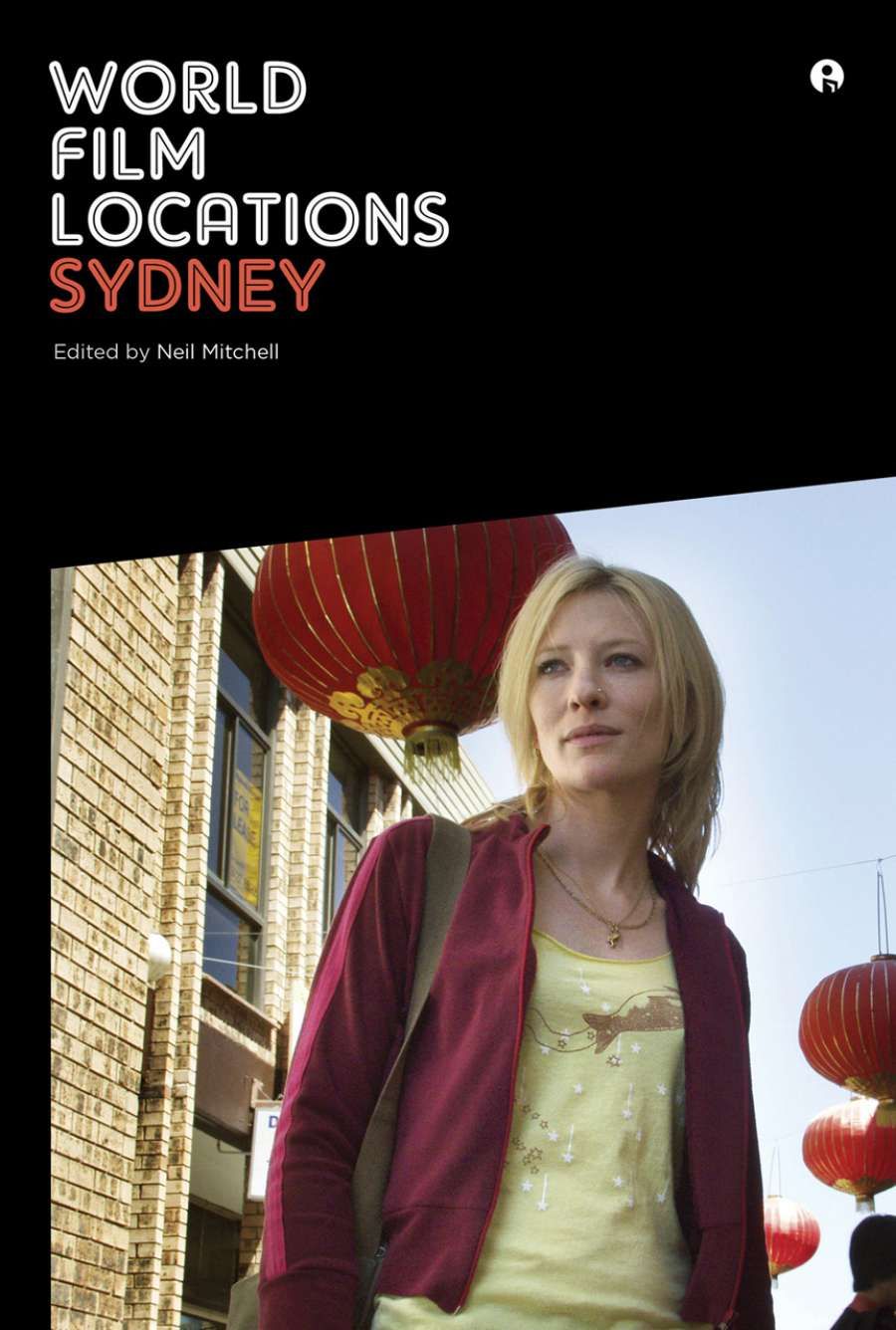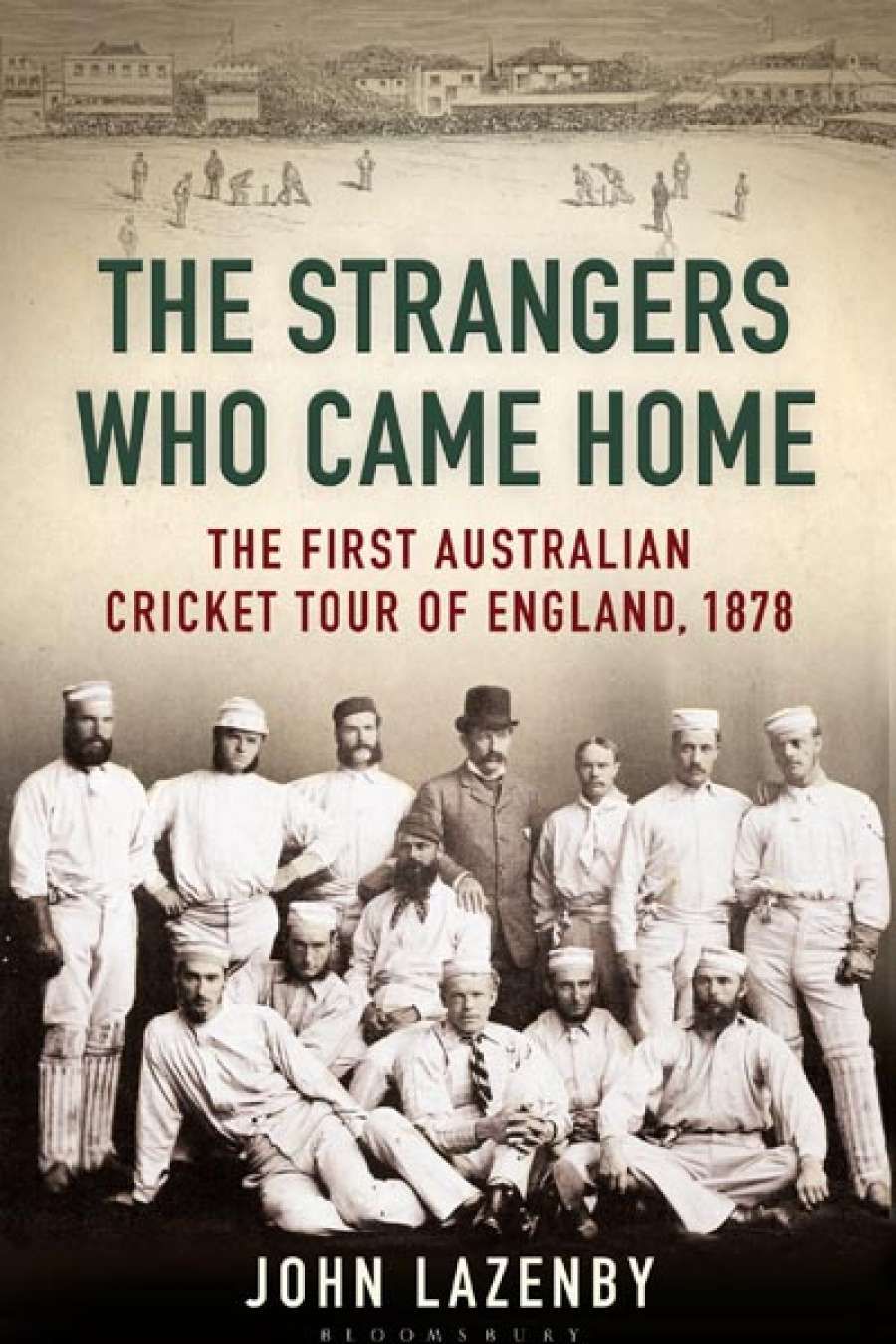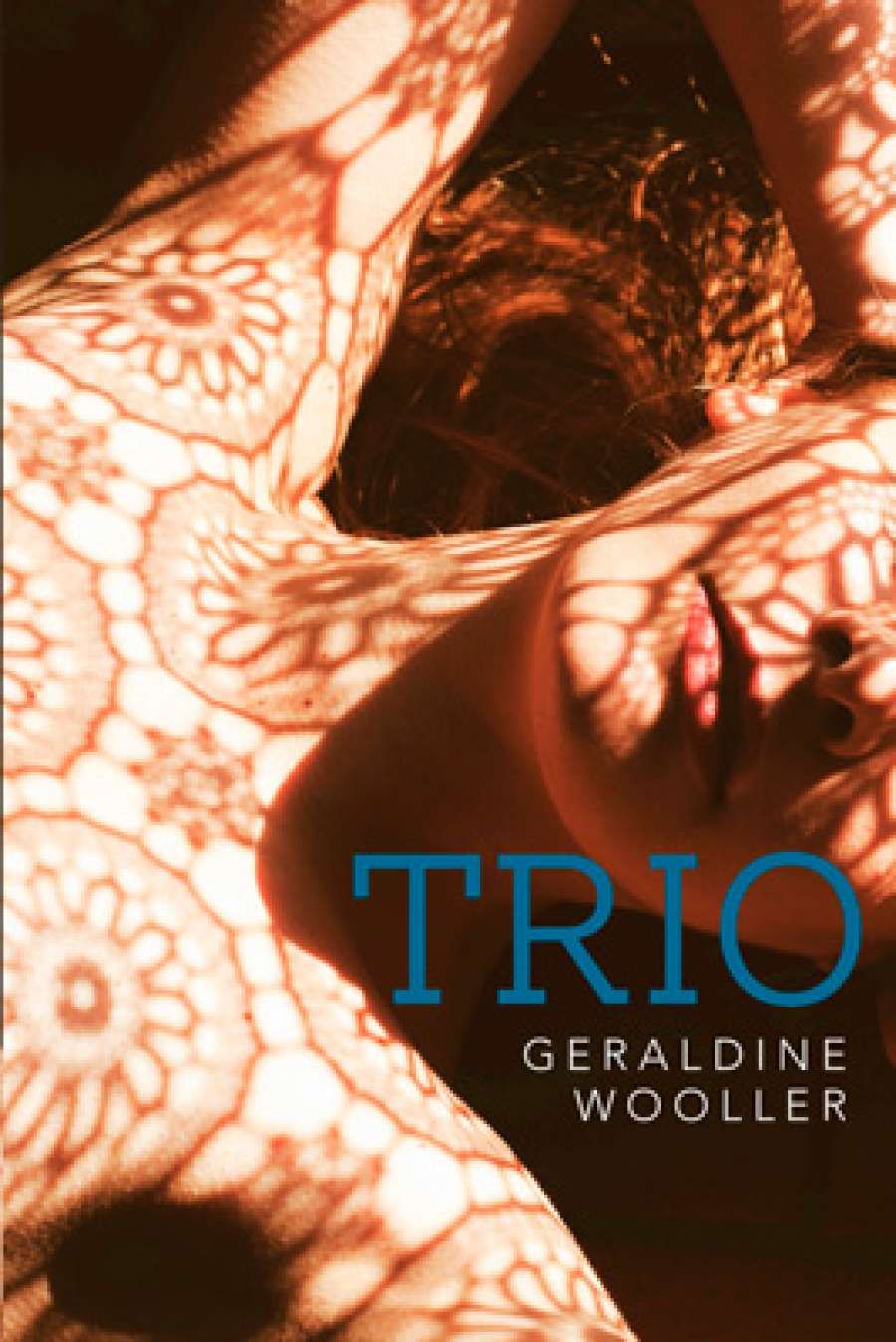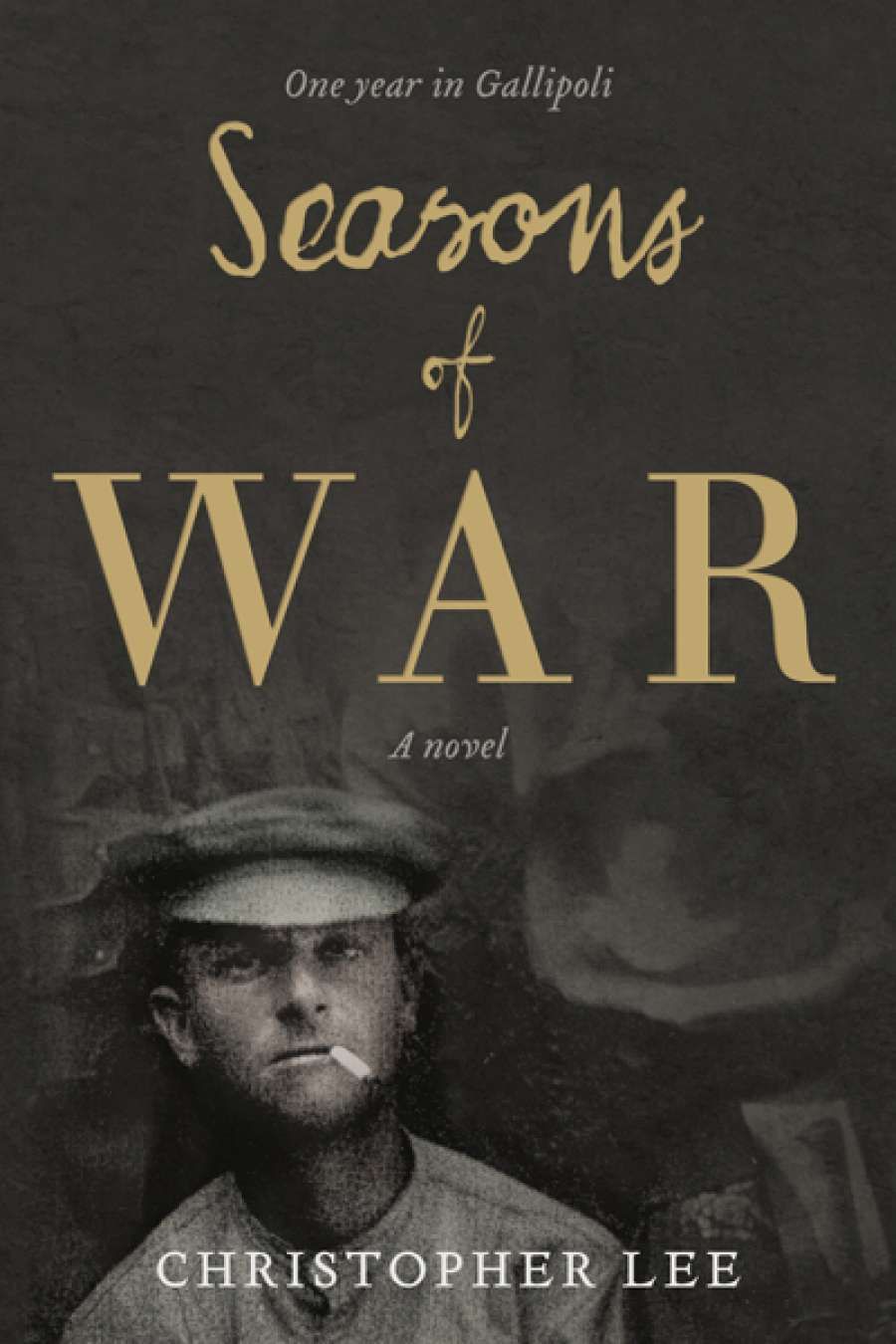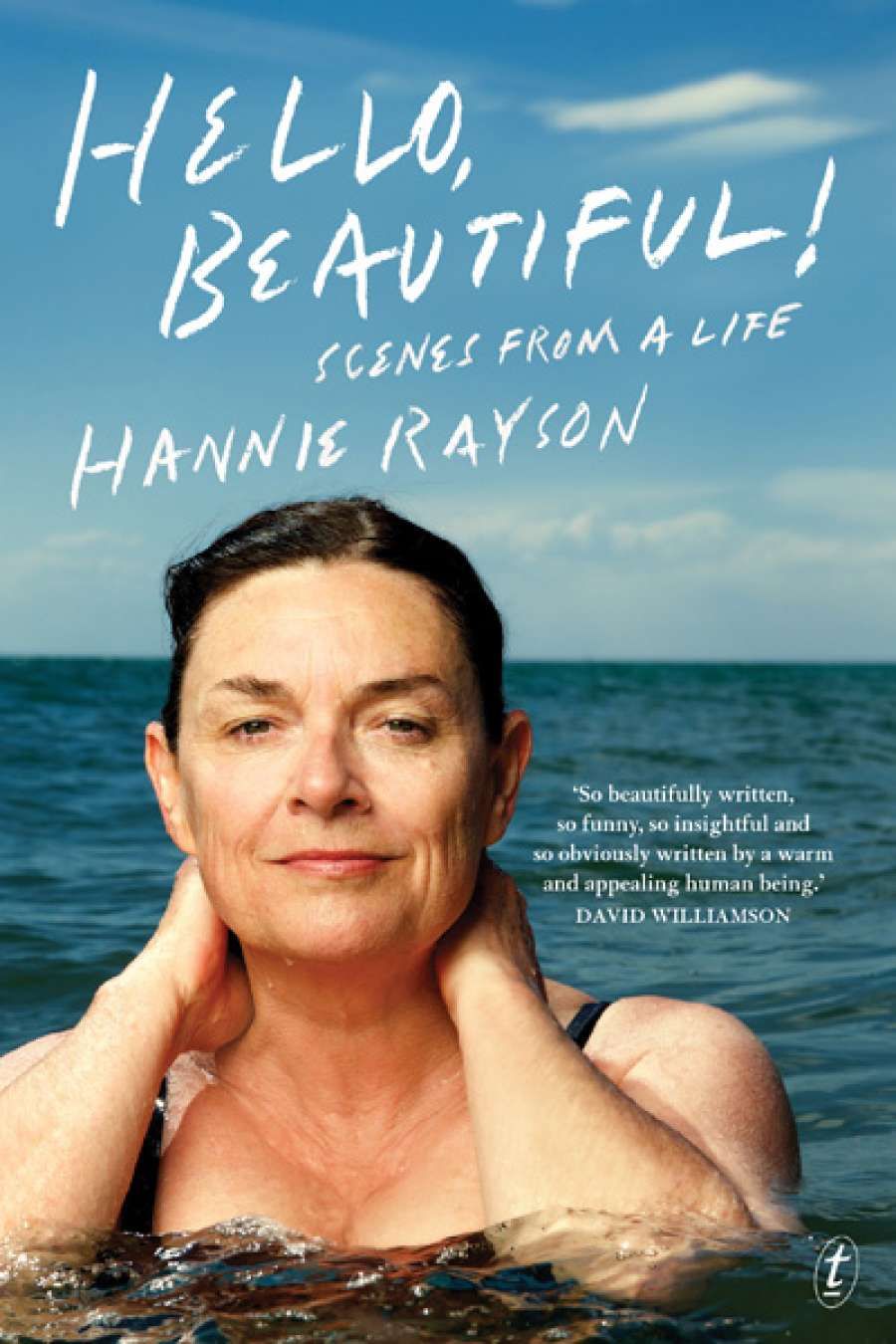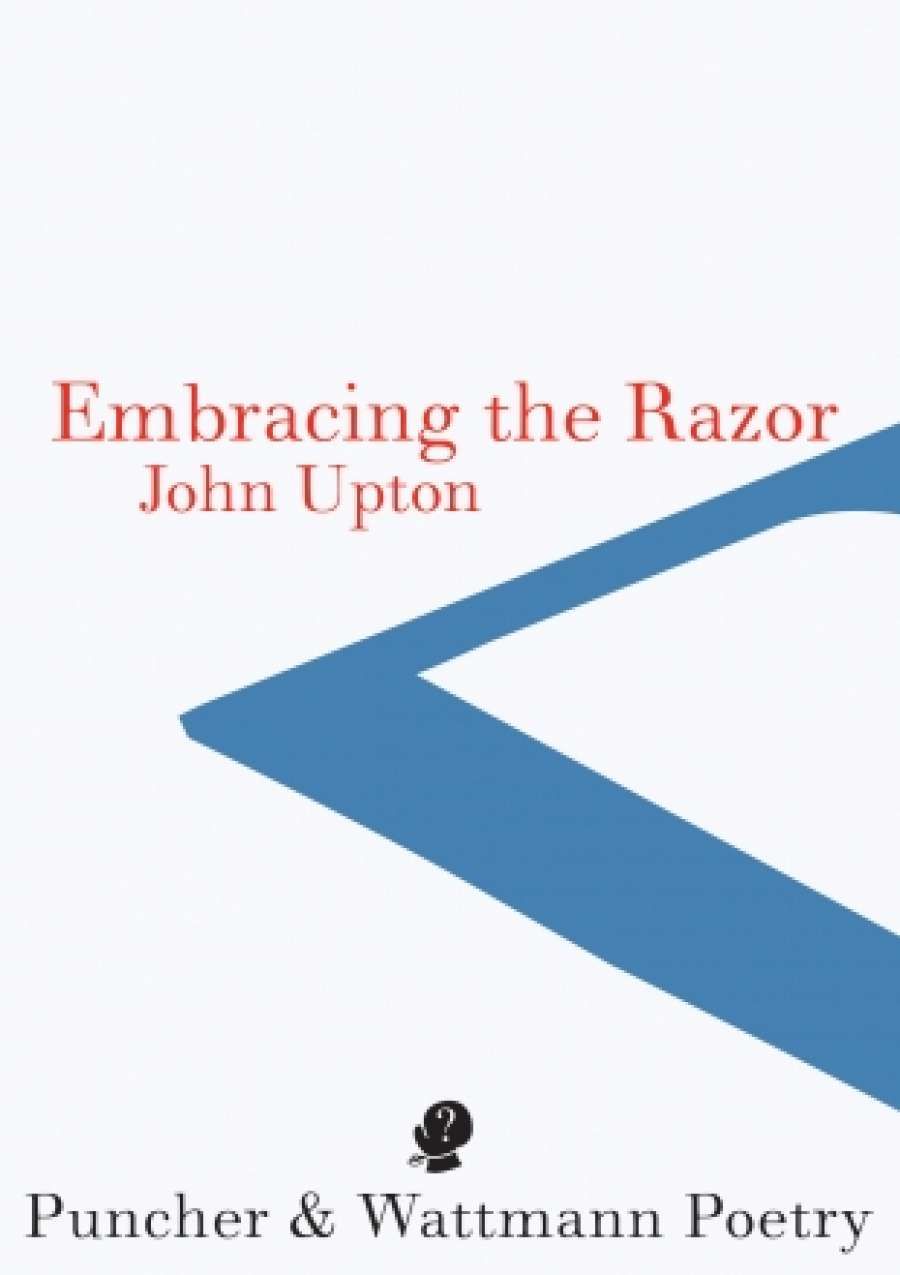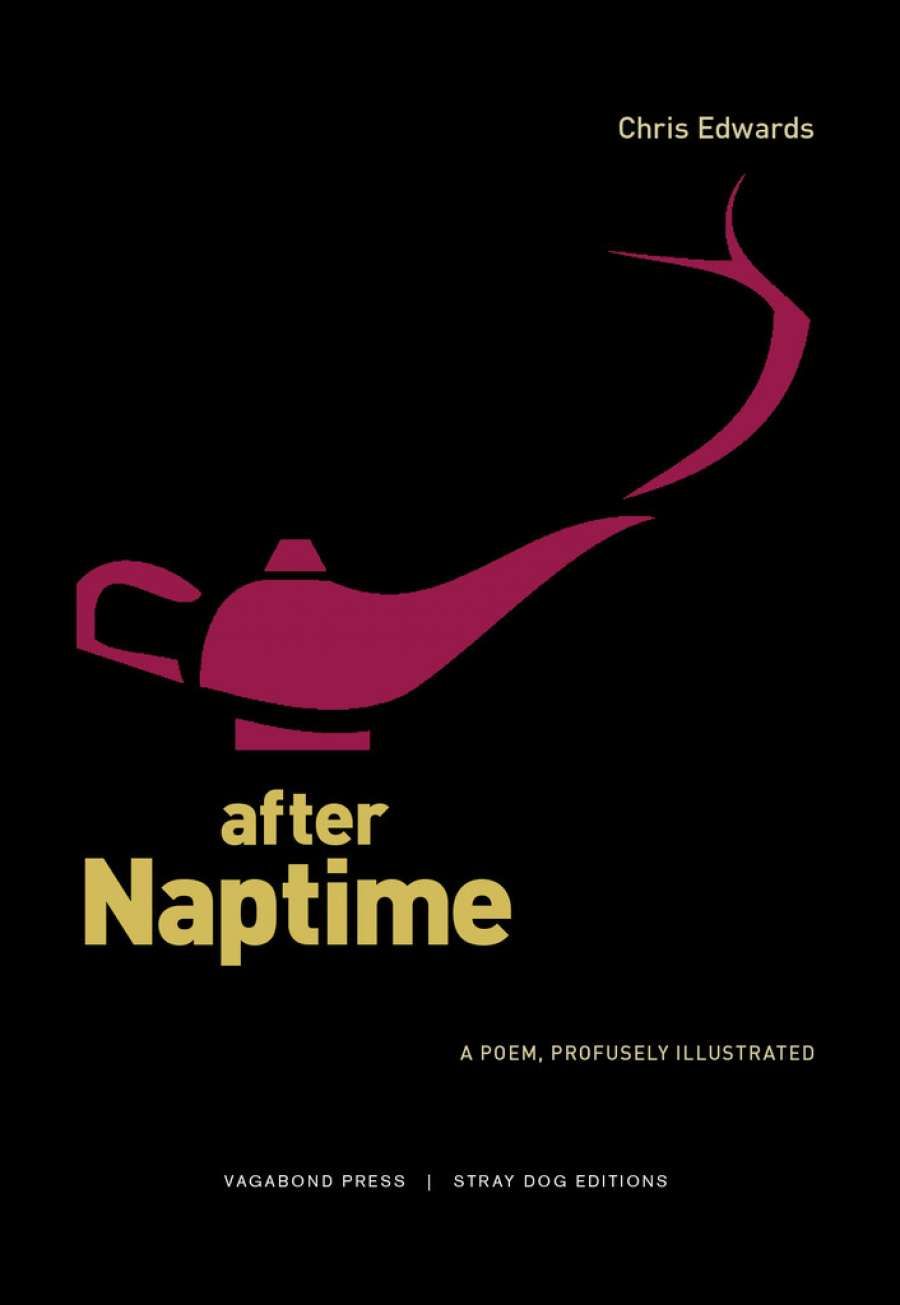To complement James McNamara’s article ‘The Golden Age of Television?’, we invited a number of cultural commentators and film and television professionals to nominate their favourite television drama series.
Ian Collie
There is no shortage of wonderful television shows in this ‘golden age’ of television. There are the usual suspects: True Detective, Breaking Bad, Mad Men, Deadwood, Six Feet Under; UK/European dramas like The Returned, The Missing, The Killing, and classics like State of Play and Edge of Darkness. And there are Australian dramas like The Slap, Top of the Lake, and The Code – even some I have been associated with, which I am far too humble to mention.
Somewhat perversely I am going to settle on a recent miniseries: HBO’s Olive Kitteridge (2014). It is everything that is counter-intuitive to trends in television today. Yes, it is the dreaded D word: Drama in its traditional, character-based sense that we tend to only see on the stage now; not something grounded in popular genres like crime, mystery, supernatural, or procedurals where stakes are high and where there is a turning point every fifteen minutes to keep viewers engaged. Nor is it a discreet portal into worlds we never see – unless a sleepy fishing village in 1980s Maine is your idea of exotic. The pacing of Olive Kitteridge is deliberately slow, but I found myself engrossed in the lives of the ordinary people, such as Olive’s husband, Henry (played by the brilliant Richard Jenkins), and those who are defeated by it, such as Olive and her son. Frances McDormand’s Olive Kitteridge is a joyless woman who rails against sentimentality and cant and lives a life of regret. Yet there is something touchingly human, almost life-affirming, about this woman who hides her heart from the world.
Peter Craven
In some ways, there has never been anything greater on television than I, Claudius (1976) or Brideshead Revisited (1981) – or Glenda Jackson in Elizabeth R (1971) or Alec Guinness as George Smiley in Tinker Tailor Soldier Spy (1979). Ingmar Bergman’s Fanny and Alexander (1982) and Scenes from a Marriage (1973) (both conceived for television) are hard to get past. The first season of The Killing (2007–12) is staggering; so too are The Bridge (2011–) and The Fall (2013–). Kevin Spacey’s House of Cards (2013–) is captivating through each of its three seasons. But Rainer Werner Fassbinder’s Berlin Alexanderplatz (1980) is an extraordinary masterpiece which provides a parallel vision to a great modernist novel. So I give the laurel wreath to it. [Bravo! Ed.]
Matthew Dabner
Set in Copenhagen, the Danish television series The Killing came into my life several years ago on the recommendation of a friend. The first season, which centred on the investigation of a young woman’s brutal rape and murder, is moody, highly addictive storytelling with enough twists and turns to keep viewers guessing until the end. The series, which ran for another two seasons and was re-made in America for the AMC channel, has inspired many imitators, including, one assumes, the Australian thriller series, The Killing Field (2014). So far none has managed to best the original’s dazzling grip.
Peter Goldsworthy
I thought the magnificent end of The Wire (2002–08) – when all the vacated (mostly by murder) niches in the city had been refilled, and the brand new cogs began grinding together into the same old terrible machine – would be hard to beat, but eclipsed it was. Almost every episode of Breaking Bad (2008–13) was a masterclass in storytelling, especially story’s crucial, and paradoxical, task of continually surprising us with plot developments that at the same time (or a neurophysiological millisecond later at most) feel inevitable, and necessary, and natural. My gong for best actor goes to Matthew McConaughey, the heart of the darkness that is True Detective (2014).
Nell Greenwood
There have been so many extraordinary moments in the last few decades of television, but for me, Twin Peaks (1990–91) is difficult to beat with its masterful blend of craft and imaginative vision. Grabbing us at once with the old-fashioned hook of who-killed-the-murdered-high-school-sweetheart, Laura Palmer, the series then wends its way through the eccentric but never caricatured world of the town as we follow Agent Cooper’s investigation into her murder. The mystical surrealism of Agent Cooper and his dreams, the emotional complexity of the characters, the sophistication of tone and the genuine horror of the killer beautifully complement the simple power of the story.
Christian Griffiths
Those of us who fondly remember the Australian serial drama Prisoner (1979–86) will no doubt acknowledge that, while the production values of the show were rudimentary (to say the least), it was nonetheless ground-breaking for its depiction of realistic female characters and relationships. The HBO-style reboot Wentworth (Foxtel, 2013) takes Prisoner’s reputation for strong writing and gutsy performances and adds a slick production design and an almost cinematic sensibility. To call the result compelling is an understatement, and the program demonstrates that the current trend for complex television narratives has, at least for Australian audiences, existed for decades.
Philippa Hawker
Joss Whedon’s Buffy the Vampire Slayer (1997–2003) was a glorious game-changer, the story of a teenage girl whose high school was built on a hellmouth, and whose destiny was to save the world from demons and their ilk. Intense, emotional, philosophical, and funny, it was horror-comedy-drama genre-mashing of a thoroughly inventive and surprising kind, and it had one of popular culture’s most indomitable, vulnerable heroines. The show grew stronger and stranger over its seven seasons, pushing all kinds of boundaries, without ever losing its essential qualities, its ability to embrace love and hate, friendship and family, embarrassment and apocalypse.
Mike Jones
My favourite television series ever made? Choosing one feels like picking one child out as best over their siblings. Instead I reach for shows that changed perceptions of what television can be. As an Australian writer, I can’t go past the superb crime series Wildside (1997–99). Well before we were talking about the HBO-era, the ABC created a series as dynamic, dirty, and morally complex as any HBO would later produce. Outside Australia, it’s Battlestar Galactica (2004–09) that really shook my tree: a show that reclaimed SciFi as the great allegorical mirror, a genre of ideas, socio-political complexity, and wide audience appeal. These are the shows I wish I had written.
Andy Lloyd James
Redfern Now (2012–13), which aired on the ABC, is worthy for so many reasons. It was absolutely new to our screens, beautifully written and performed and a big step up for Australian drama. It displayed the rich talents of indigenous crew, cast, and directors in an undeniable statement of achievement. Most particularly it was a tribute to the skill, determination, and passion of Rachel Perkins and all at Blackfella Films, who have worked long and hard to bring this project to our screens.
Brian McFarlane
I used to think the BBC’s miniseries The Glittering Prizes (1976) was my top favourite, but on recent re-viewing the glitter seemed distinctly tarnished, especially in regard to its too-knowing protagonist.
Turning to This Life (1996–97), I was prepared to be disillusioned but relieved to find it as freshly observant as remembered in its study of the lives of five young lawyers at the start of their careers: sharing a house, working for the same legal firm, pursuing different social lives, interacting, sometimes scratchily, with each other at home. By coincidence, an Austra-lian favourite, Rake (2010–14), also involves a legal protagonist, the scruffy, charismatic eponym memorably incarnated by Richard Roxburgh.
James McNamara
I had to exclude my favourite television drama from my article because it falls outside the scope. The West Wing (1999–2006) – Aaron Sorkin’s network show about a fictional White House – was the product of a different era of television. Today’s dramas are bleak, but The West Wing gleamed with hope. It celebrated the idealism of political staff, and its cracking dialogue and nuanced characters made the finer points of government exhilarating. Like many, I blame Aaron Sorkin for my legal career. I also love Rake, a show that makes me laugh then horse-kicks me in the heart, all within a scene.
Jennifer Naughton
The Slap (2011) featured nuanced writing, masterful direction, and superb performances from a great cast told from eight perspectives. The series gave us beautifully flawed, real people whose lives are turned upside down by the actions of one in the heat of a moment. Exploring issues of class, desire, and the conflicting loyalties presented by family and friendship, The Slap heralded a new era of quality in Australian television. Honourable mention goes to Deadwood (2004–06), which never condescended to its audience, gave us fully realised characters and made us love the enormously complex and morally challenged Al Swearengen.
Luke Slattery
The first thing you notice about True Detective, an almost Proustian recuperation of lost time that snakes through a seventeen-year murder investigation before erupting into violent climax, is the atmosphere. This heavy southern torpor saturated in menace is largely the work of Australian cinematographer Adam Arkapaw. The second is the writing of Nic Pizzolatto. The narrative springs from the interleaved interrogations of two detectives – the nihilistic Rust Cohle (Matthew McConaughey) and pantsman Marty Hart (Woody Harrelson) – and the dialogue has a spare and taut authority that ranges across pungent detective banter to philosophical musing. More than hard-boiled genre literature for the screen, this is long-form cinematic art.
Liz Watts
So much television has influenced me in some shape or form, like the absurdist humour of doing nothing à la Seinfeld (1989–98); the sharp, satirical, but at times incredibly moving MASH (1972–83); and the more recent cutting humour of Veep (2012–14), with a woman (gasp) at the centre of the comedy. Then there are the dramas that just kind of blew us all away – especially as television moved away from the conventions of serial soap: Twin Peaks, a soap of sorts that gladly dismantled itself; Deadwood, which introduced the glory days of HBO high-end series; and the wonderful The Singing Detective (1986), which did something that no one has done before in a serial form (and no one has since). I still remember watching The West Wing the night the planes flew into the Twin Towers and feeling confused when the president in the news flashes wasn’t Martin Sheen. The Sopranos (1999–2007) did what television so often had tried before but failed to do, something that had seemed to be the sole province of cinema. Even if it was violent and morally screwy, it made us realise that crime is a business like any other, and that even crims need a therapist at times.
Kim Williams
It is so hard to choose a definitive television series with so many rich possibilities. From early comedic gems like The Honeymooners and I Love Lucy or such inheritors as The Simpsons and 30 Rock; through myriad cop shows from Z Cars, The Sweeney, Hill Street Blues, NYPD Blue to The Wire. And great dramas like The Forsyth Saga, The West Wing, E.R., or The Secret Life of Us, with myriad great miniseries including masterpieces like Brideshead Revisited, Edge of Darkness, and The Dismissal (1983) and Scales of Justice (1983). But for me the best shows must be Australian, fresh, confident, bold, original: Love My Way (2004–07) and the miniseries Blue Murder (1995). Timeless, memorable, and ours!


